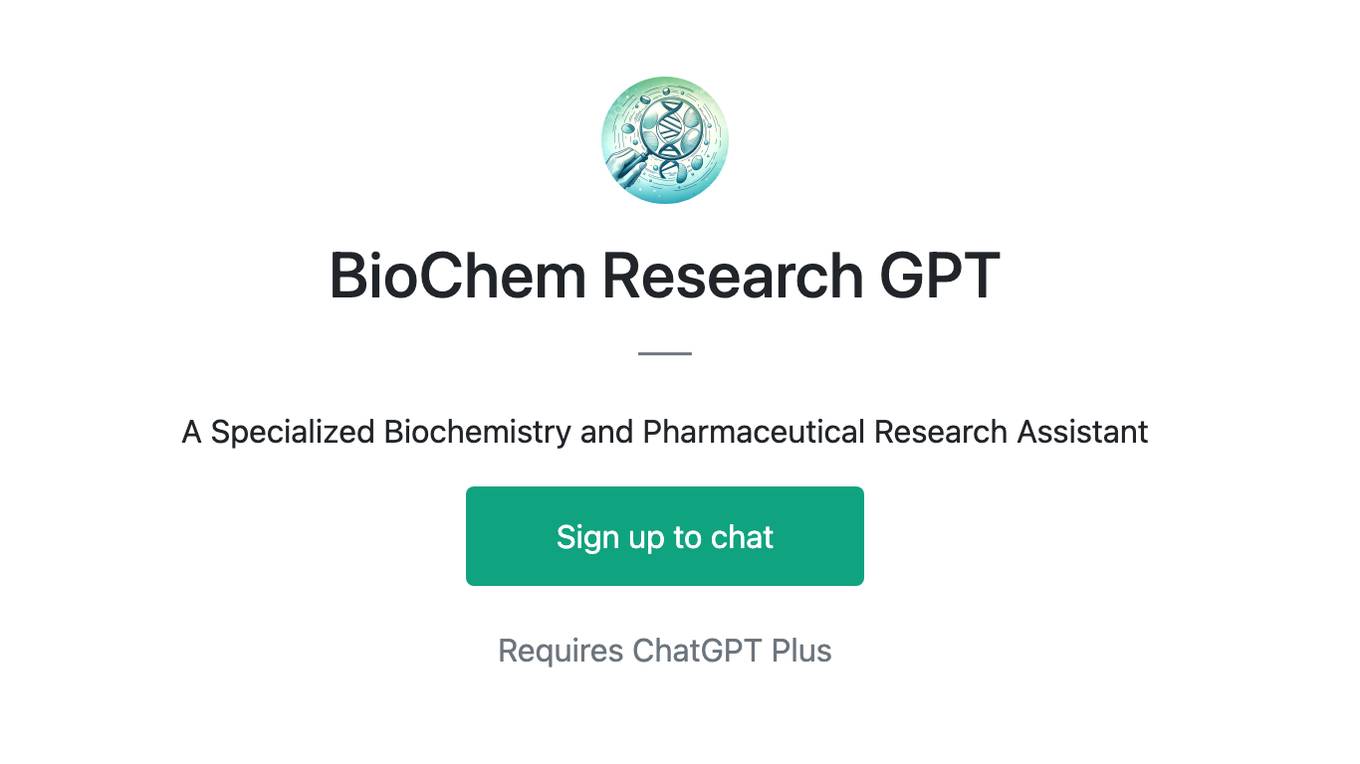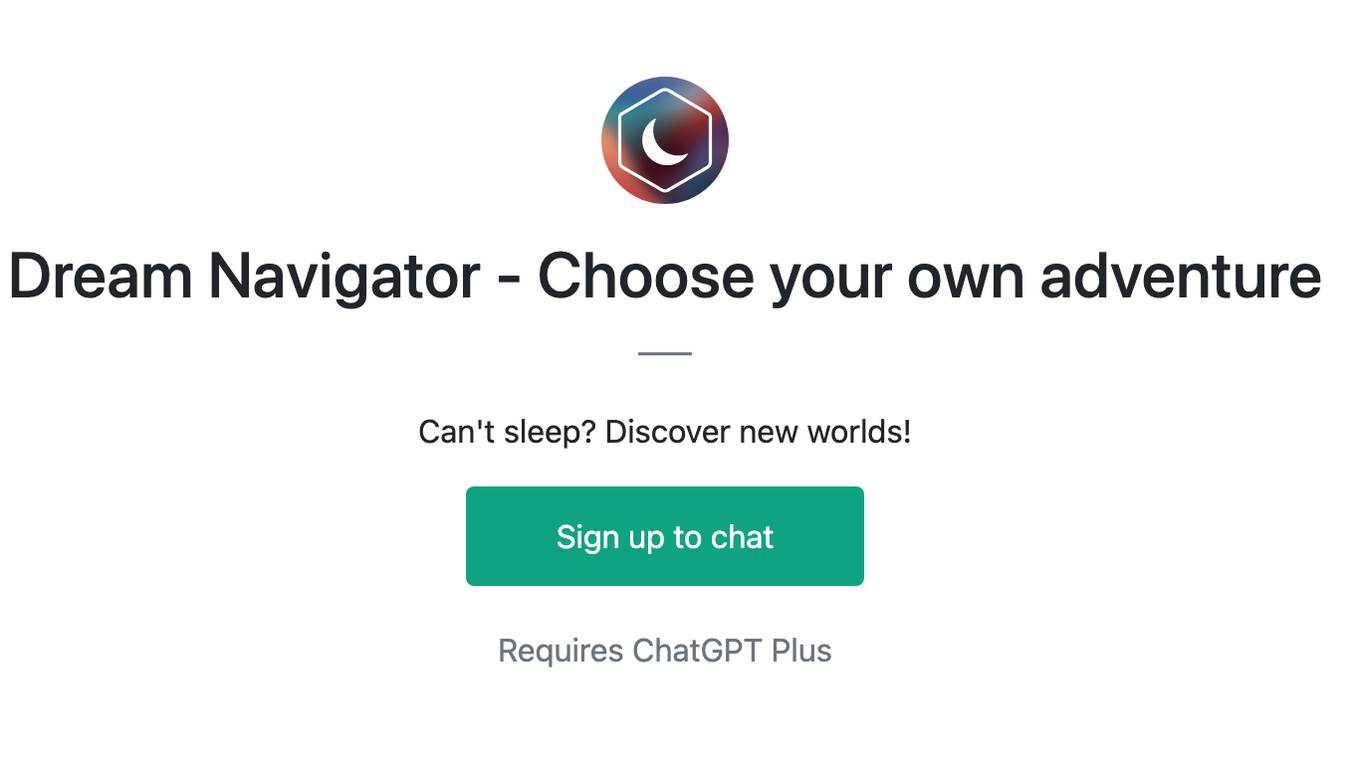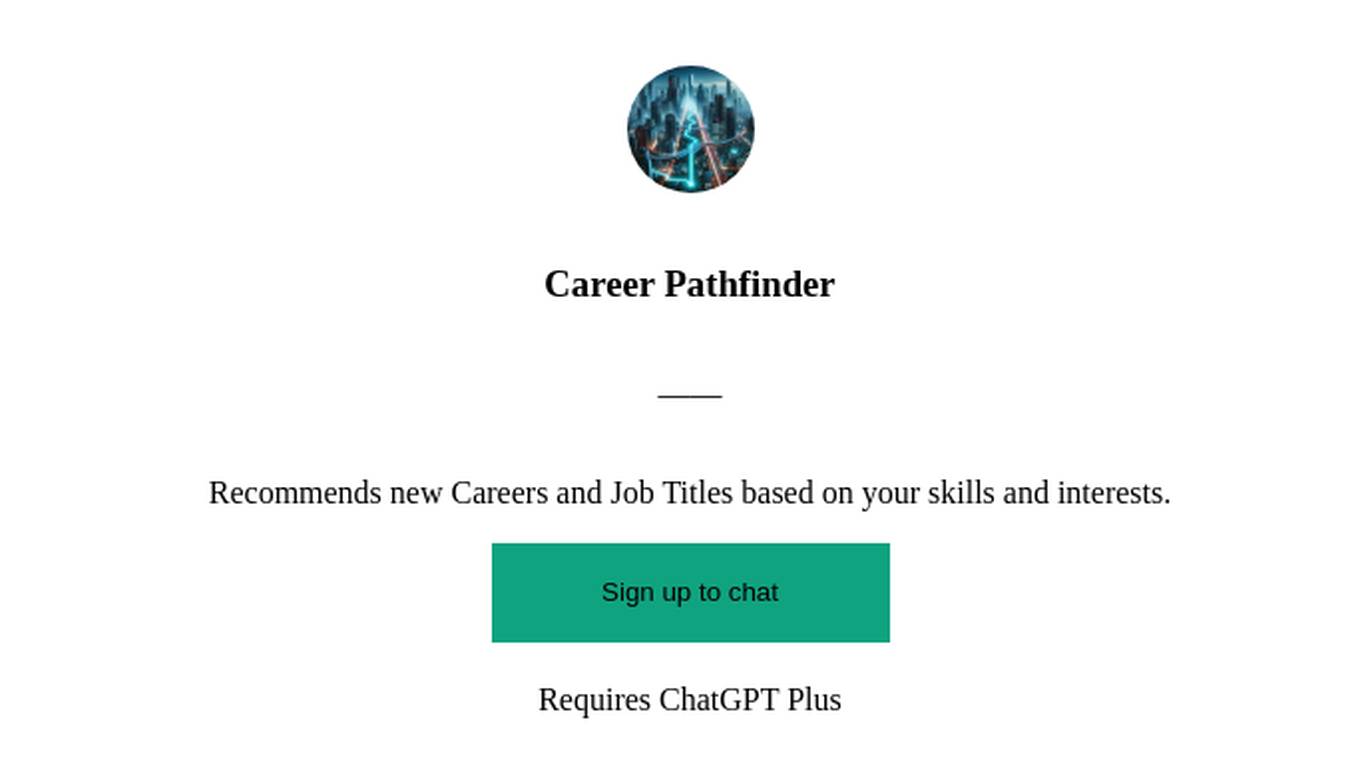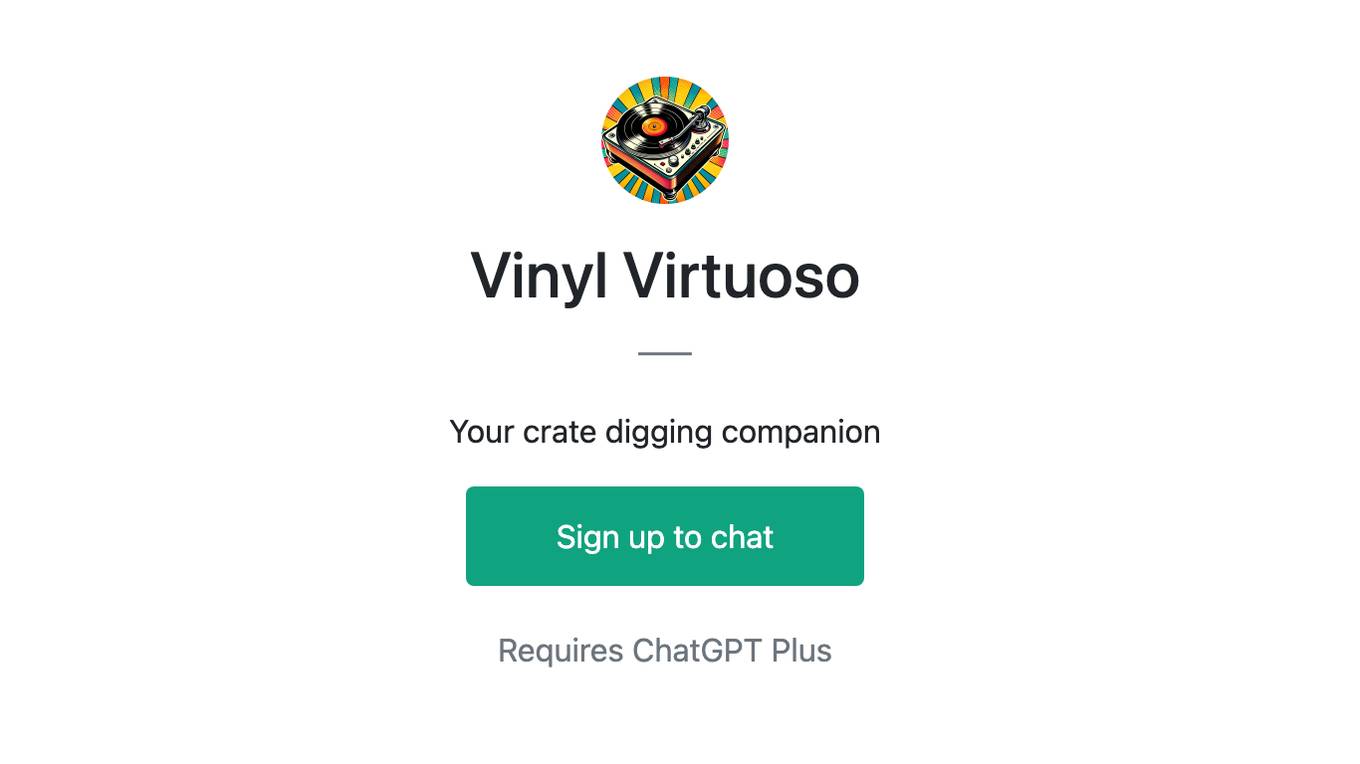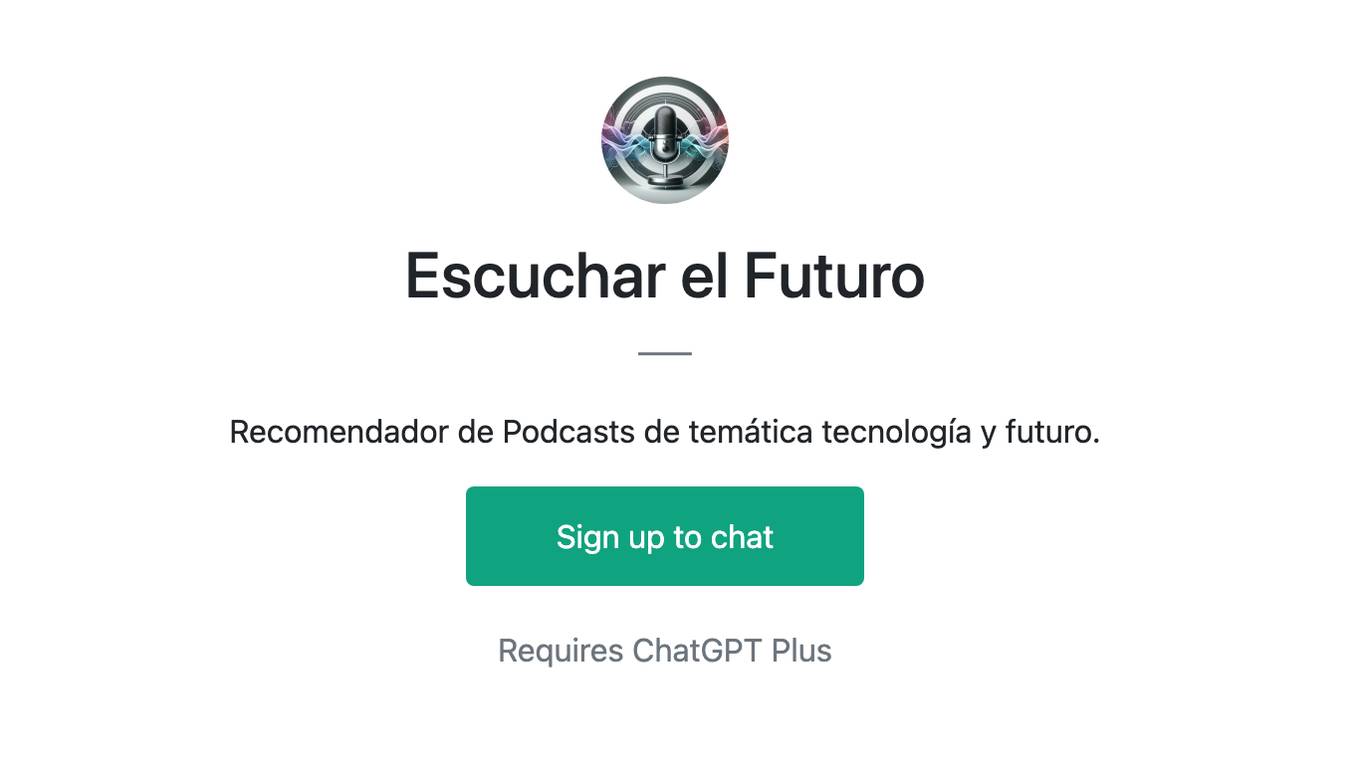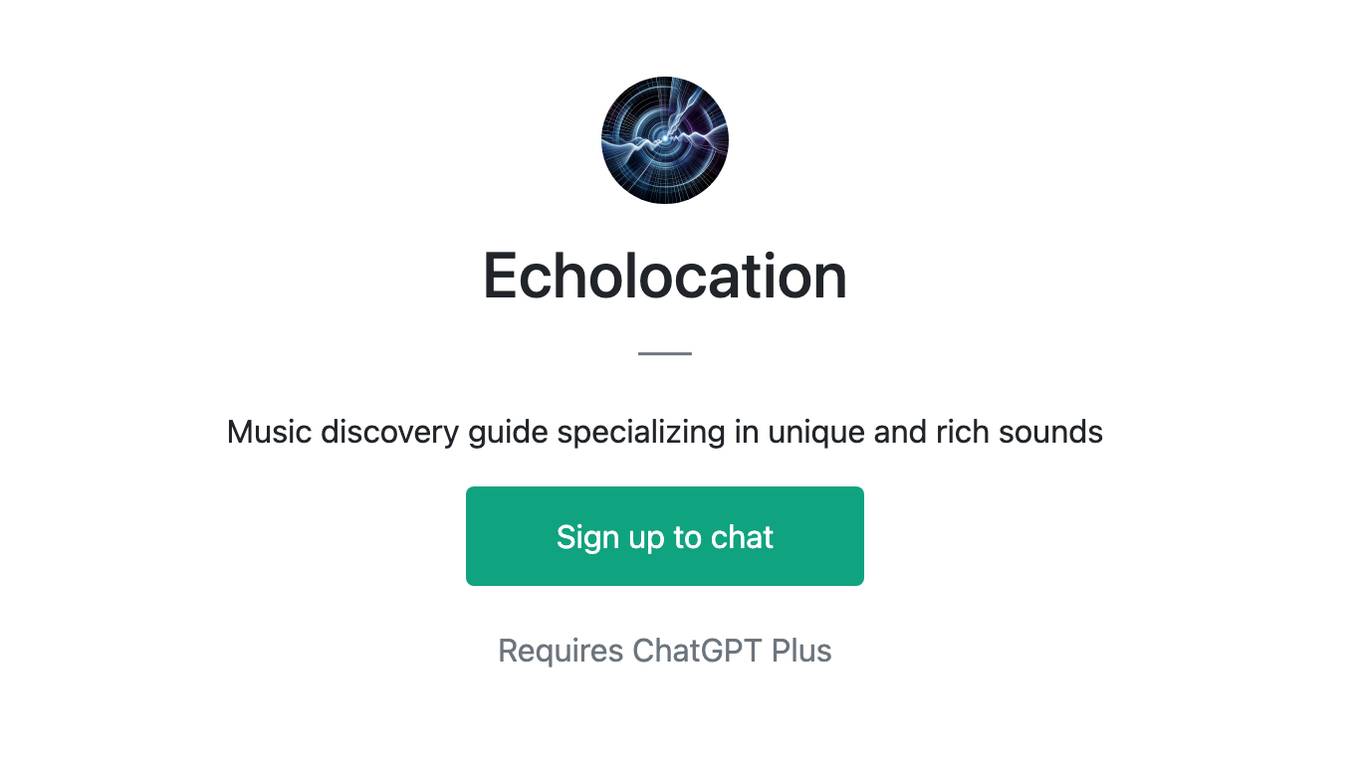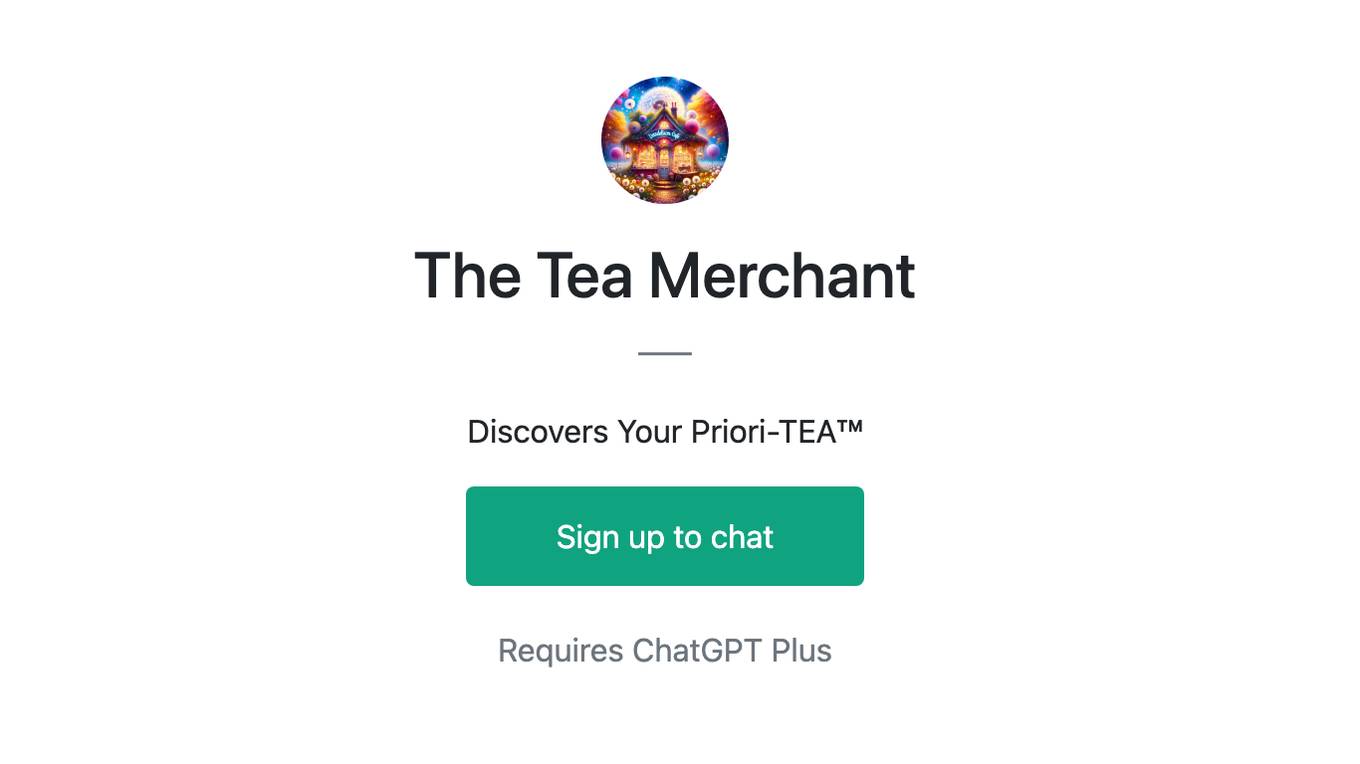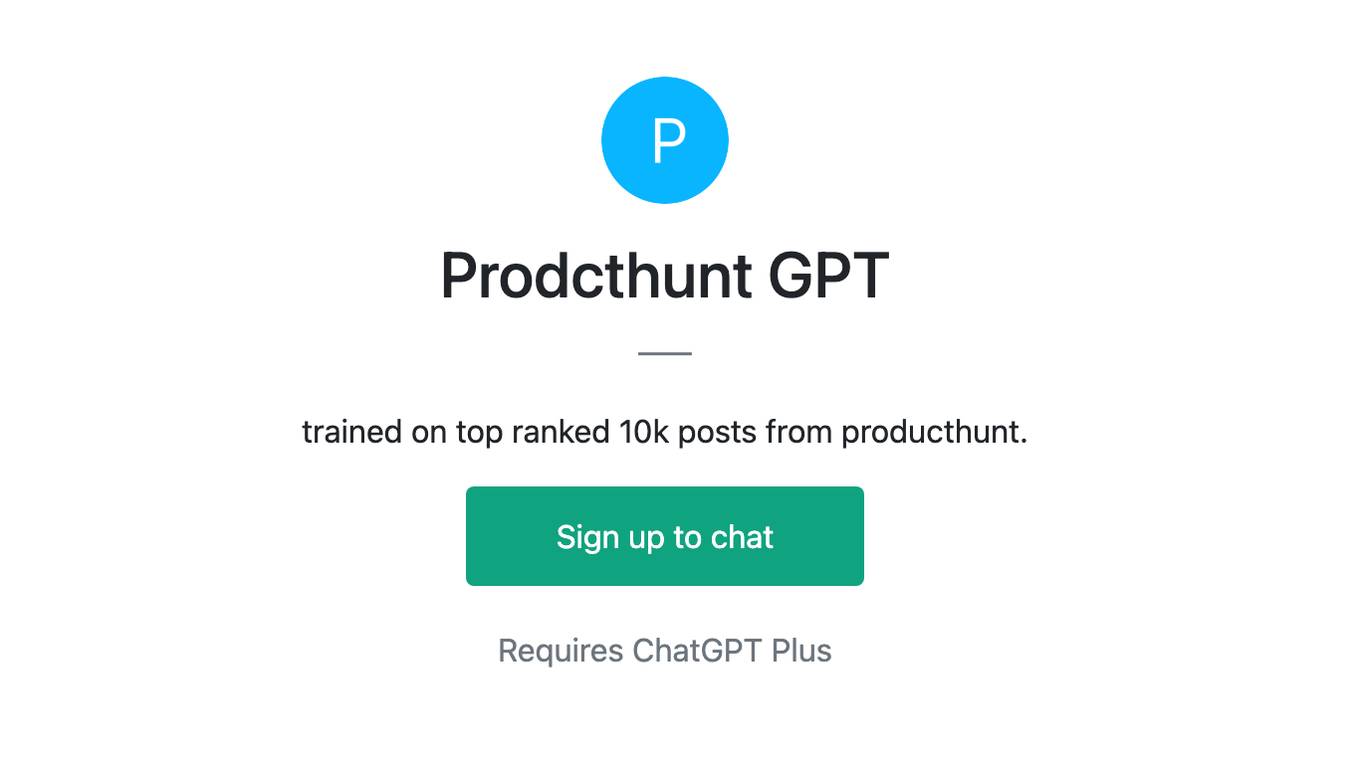Best AI tools for< Discover New Drug-like Small Molecules >
20 - AI tool Sites
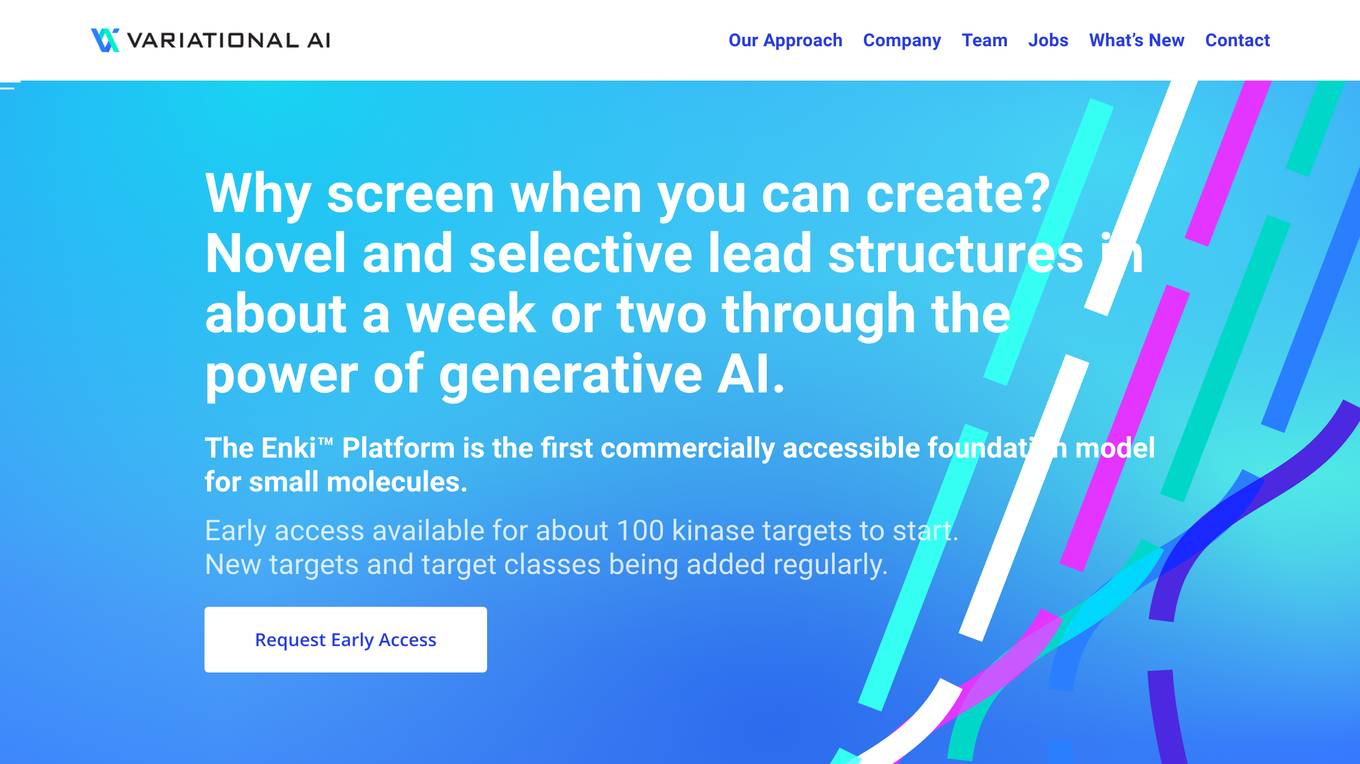
Variational AI
Variational AI is a company that uses generative AI to discover novel drug-like small molecules with optimized properties for defined targets. Their platform, Enki™, is the first commercially accessible foundation model for small molecules. It is designed to make generating novel molecule structures easy, with no data required. Users simply define their target product profile (TPP) and Enki does the rest. Enki is an ensemble of generative algorithms trained on decades worth of experimental data with proven results. The company was founded in September 2019 and is based in Vancouver, BC, Canada.
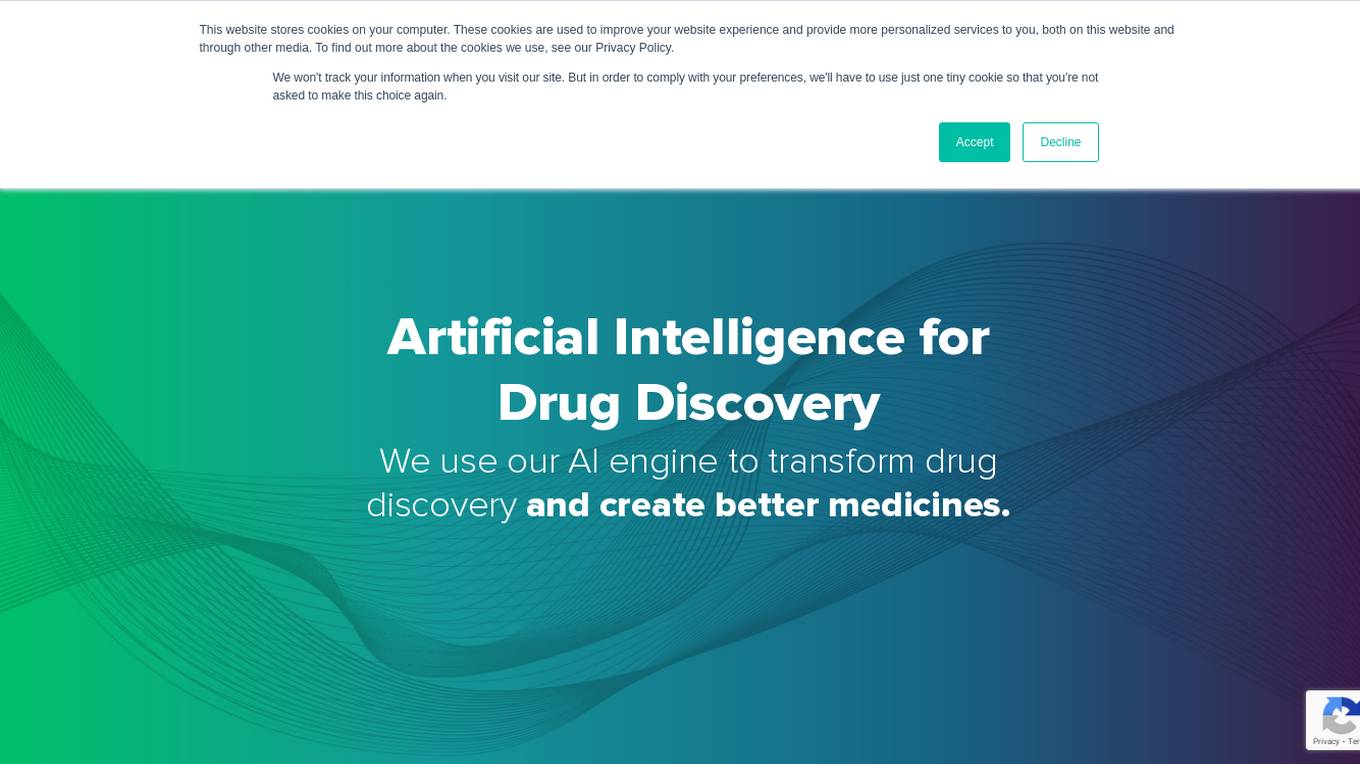
Atomwise
Atomwise is an artificial intelligence (AI)-driven drug discovery company that uses machine learning to discover and develop new small molecule medicines. The company's AI engine combines the power of convolutional neural networks with massive chemical libraries to identify new drug candidates. Atomwise has a wholly owned pipeline of drug discovery programs and also partners with other pharmaceutical companies to co-develop drugs. The company's investors include prominent venture capital firms and pharmaceutical companies.
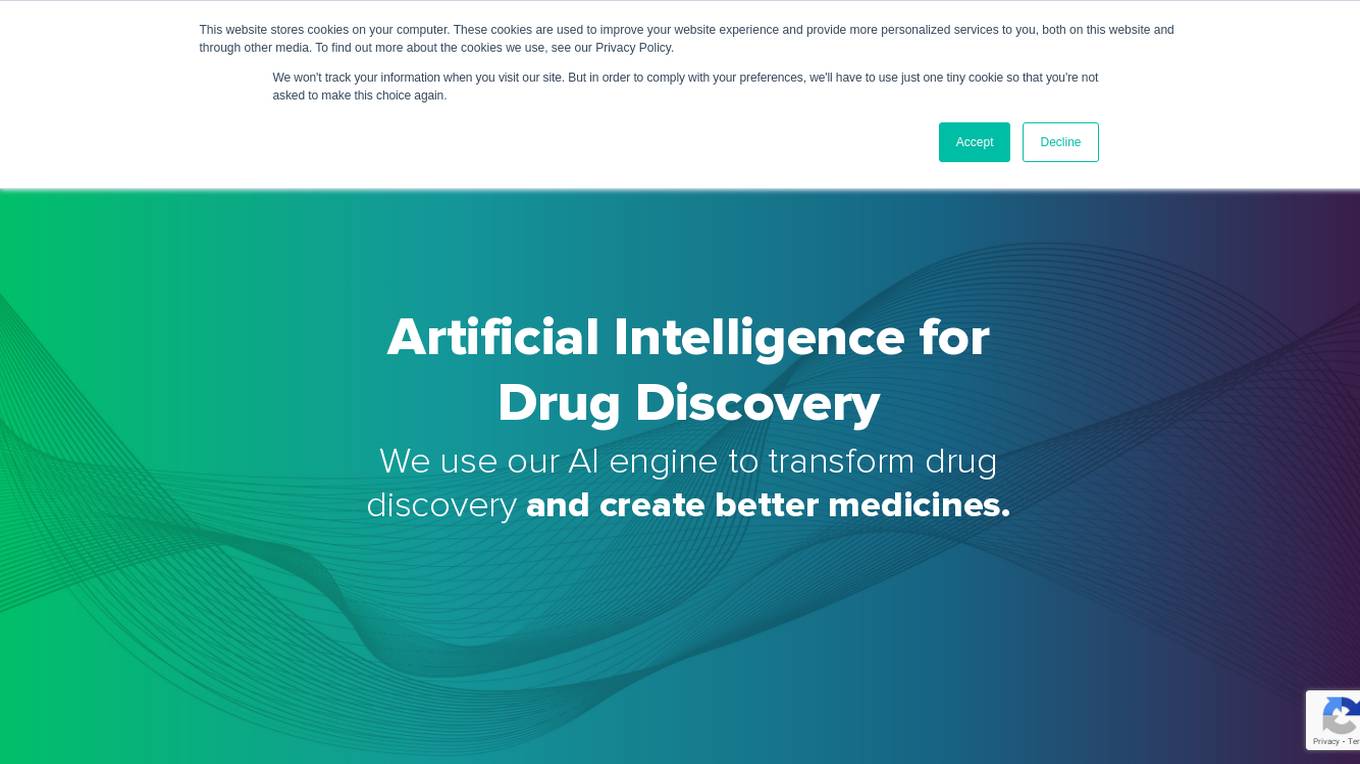
Atomwise
Atomwise is an AI-powered drug discovery company that uses machine learning to identify new small molecule medicines. The company's platform combines the power of convolutional neural networks with massive chemical libraries to discover new drug candidates. Atomwise has a portfolio of wholly owned and co-developed pipeline assets, and is backed by prominent investors.
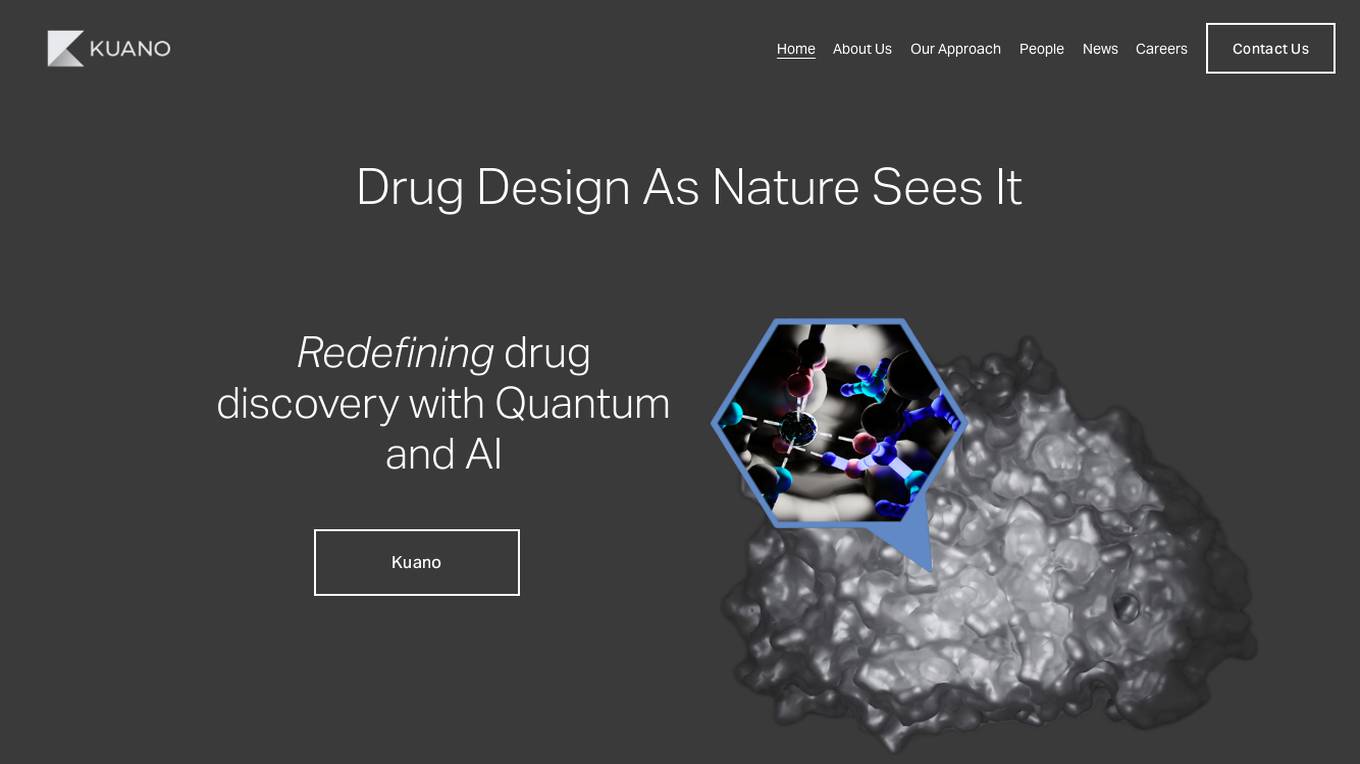
Kuano
Kuano is an AI tool that focuses on redefining drug discovery using Quantum and AI technologies. The platform offers world-class scientific expertise in quantum physics, AI, and medicinal chemistry to revolutionize the drug design process. Kuano aims to leverage cutting-edge technologies to accelerate the discovery of new drugs and improve healthcare outcomes.
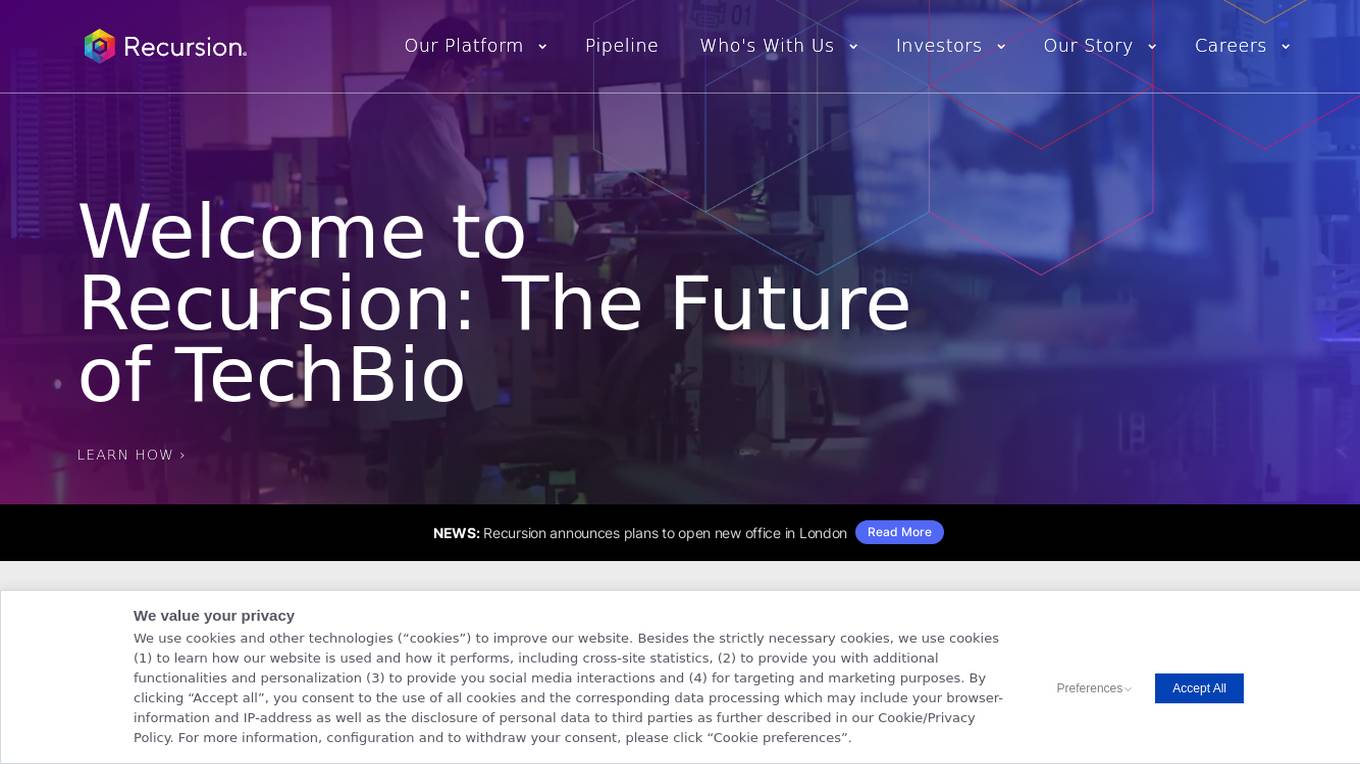
Recursion
Recursion is a techbio company that uses artificial intelligence to accelerate drug discovery. The company's platform combines hardware, software, and data to create a more efficient and effective drug discovery process. Recursion has a broad pipeline of drug candidates in development, and it has partnered with several leading pharmaceutical companies. The company is headquartered in Salt Lake City, Utah.
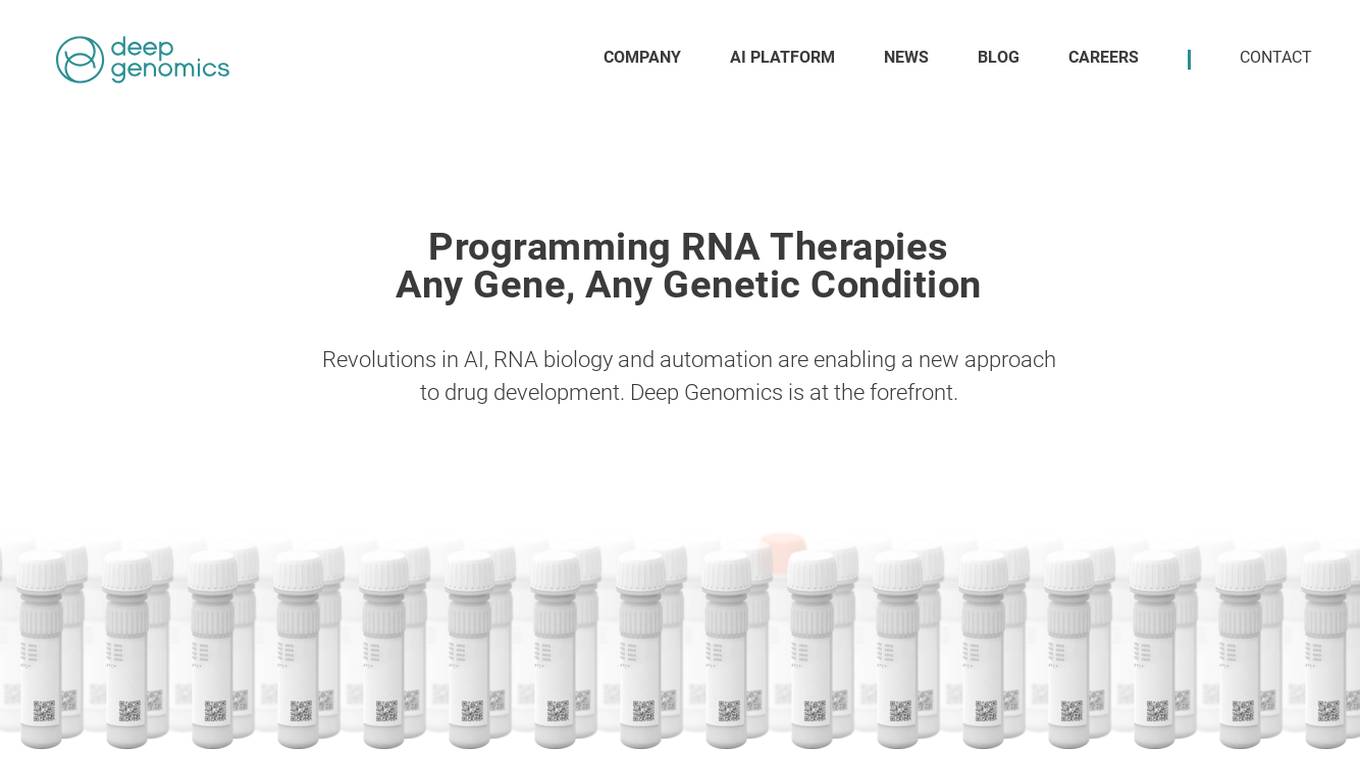
Deep Genomics
Deep Genomics is a company that uses artificial intelligence (AI) to develop RNA therapies for genetic diseases. The company's AI platform is designed to identify novel targets and evaluate thousands of possibilities to identify the best therapeutic candidates. Deep Genomics is currently developing BigRNA+, which will expand the number of mechanisms and genetic variants the company can pursue.
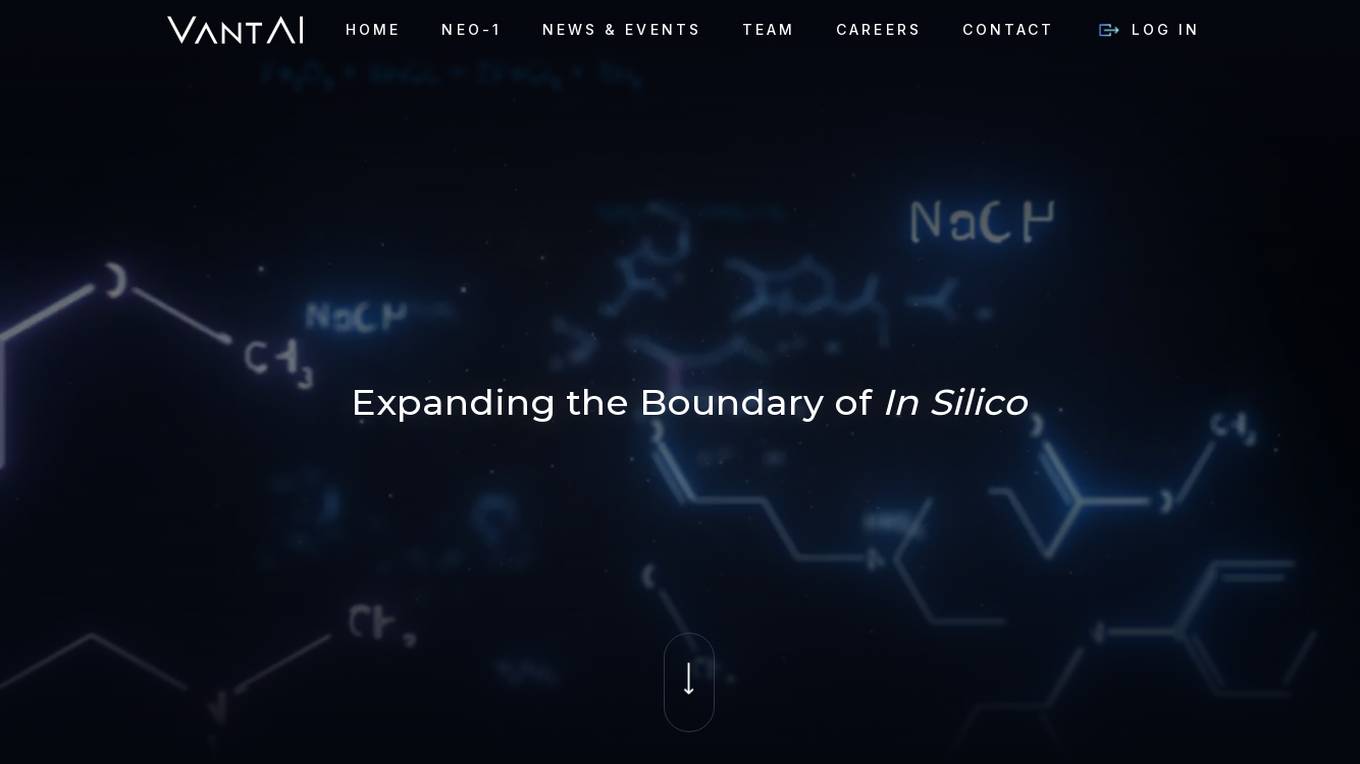
VantAI
VantAI is an AI application focused on generative AI-enabled drug discovery. Their mission is to unlock a new chapter in medicine by making protein interactions programmable. They have an integrated discovery platform with phase-shifting technologies designed to unlock the full potential of the proximity modulator modality. VantAI collaborates with industry leaders to build the future of therapeutic design. The company has launched Neo-1, the first AI model to rewire molecular interactions by unifying structure prediction and generation.
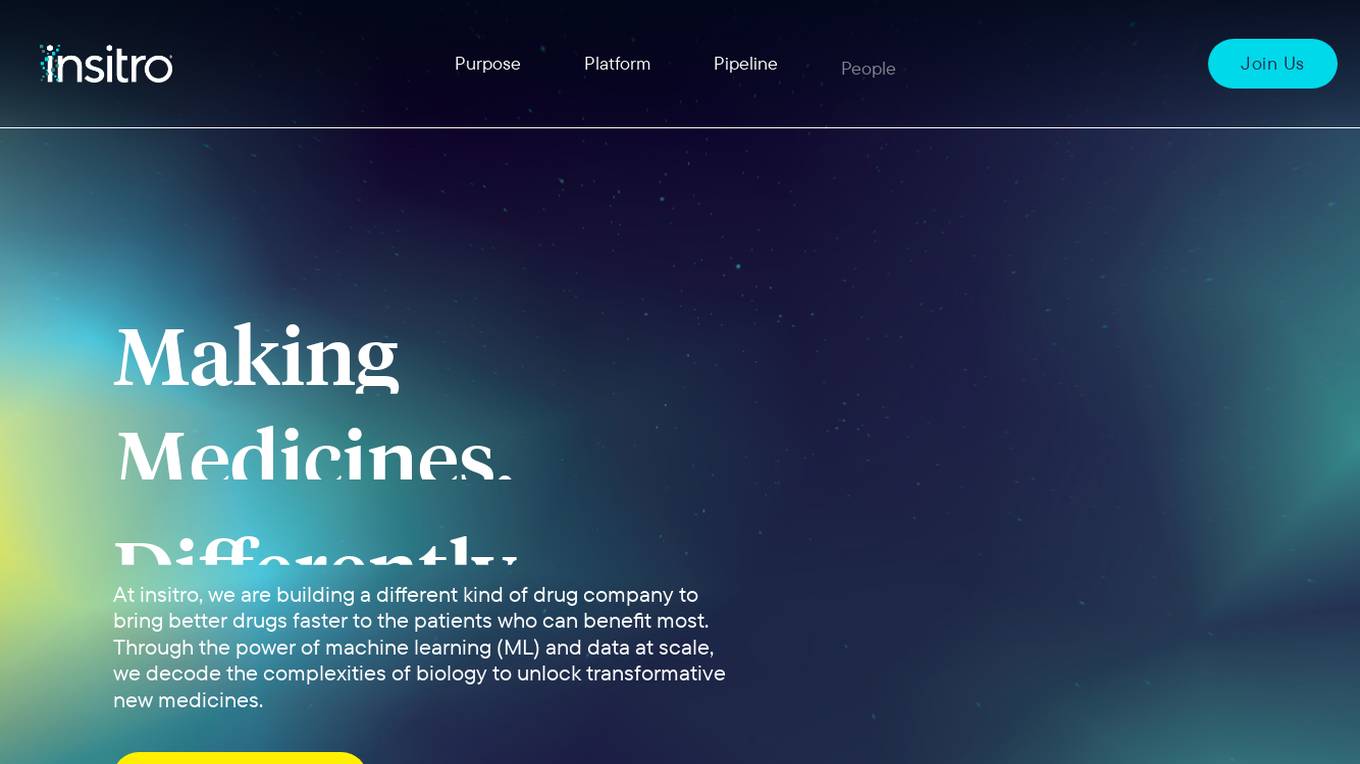
Insitro
Insitro is a drug discovery and development company that uses machine learning and data to identify and develop new medicines. The company's platform integrates in vitro cellular data produced in its labs with human clinical data to help redefine disease. Insitro's pipeline includes wholly-owned and partnered therapeutic programs in metabolism, oncology, and neuroscience.
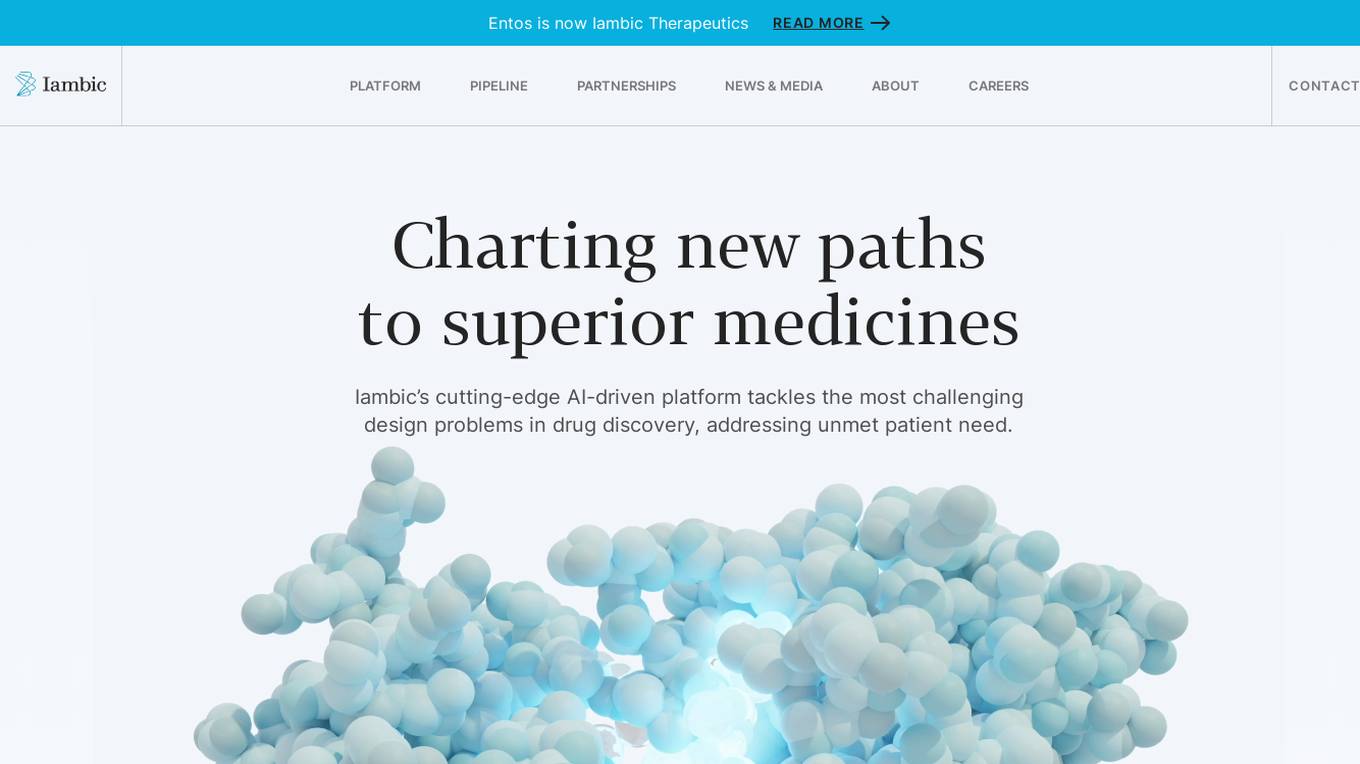
Iambic Therapeutics
Iambic Therapeutics is a cutting-edge AI-driven drug discovery platform that tackles the most challenging design problems in drug discovery, addressing unmet patient need. Its physics-based AI algorithms drive a high-throughput experimental platform, converting new molecular designs to new biological insights each week. Iambic's platform optimizes target product profiles, exploring multiple profiles in parallel to ensure that molecules are designed to solve the right problems in disease biology. It also optimizes drug candidates, deeply exploring chemical space to reveal novel mechanisms of action and deliver diverse high-quality leads.
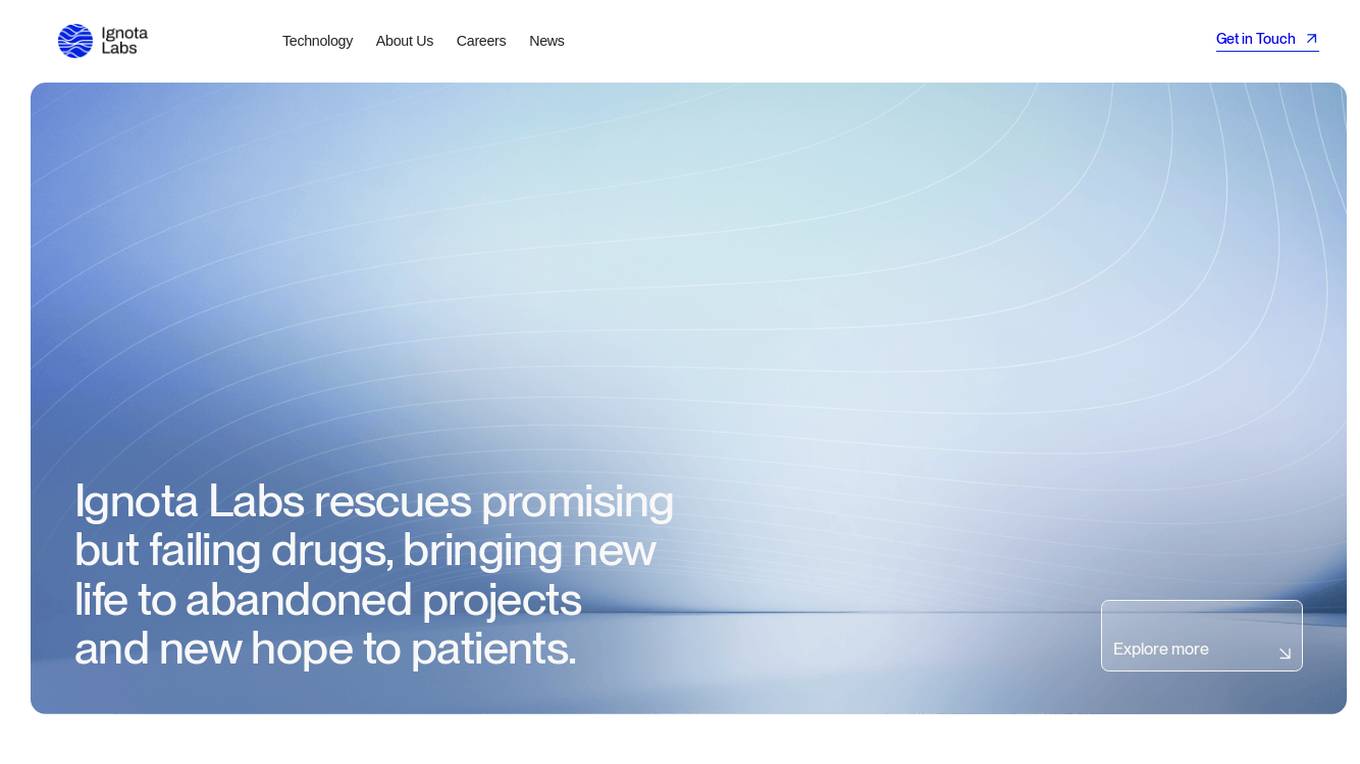
Ignota Labs
Ignota Labs is a technology company focused on rescuing failing drugs and bringing new life to abandoned projects, ultimately providing hope to patients. The company utilizes a proprietary AI model, SAFEPATH, which applies deep learning to bioinformatics and cheminformatics datasets to solve drug safety issues. Ignota Labs aims to identify promising drug targets, address safety problems in clinical trials, and accelerate the delivery of therapeutically effective drugs to patients.

Valo
Valo is a company that uses AI-driven technology to transform the discovery and development of life-changing medicines. They combine machine learning, tissue biology, and patient data to create a suite of powerful capabilities that bring the future of drug discovery and development to bear. Valo's team of software engineers, data scientists, biologists, medicinal chemists, and big-picture thinkers are dedicated to advancing the combined power of technology and patient data.

XtalPi
XtalPi is a world-leading technology company driven by artificial intelligence (AI) and robotics to innovate in the fields of life sciences and new materials. Founded in 2015 at the Massachusetts Institute of Technology (MIT), the company is committed to realizing digital and intelligent innovation in the fields of life sciences and new materials. Based on cutting-edge technologies and capabilities such as quantum physics, artificial intelligence, cloud computing, and large-scale experimental robot clusters, the company provides innovative technologies, services, and products for global industries such as biomedicine, chemicals, new energy, and new materials.
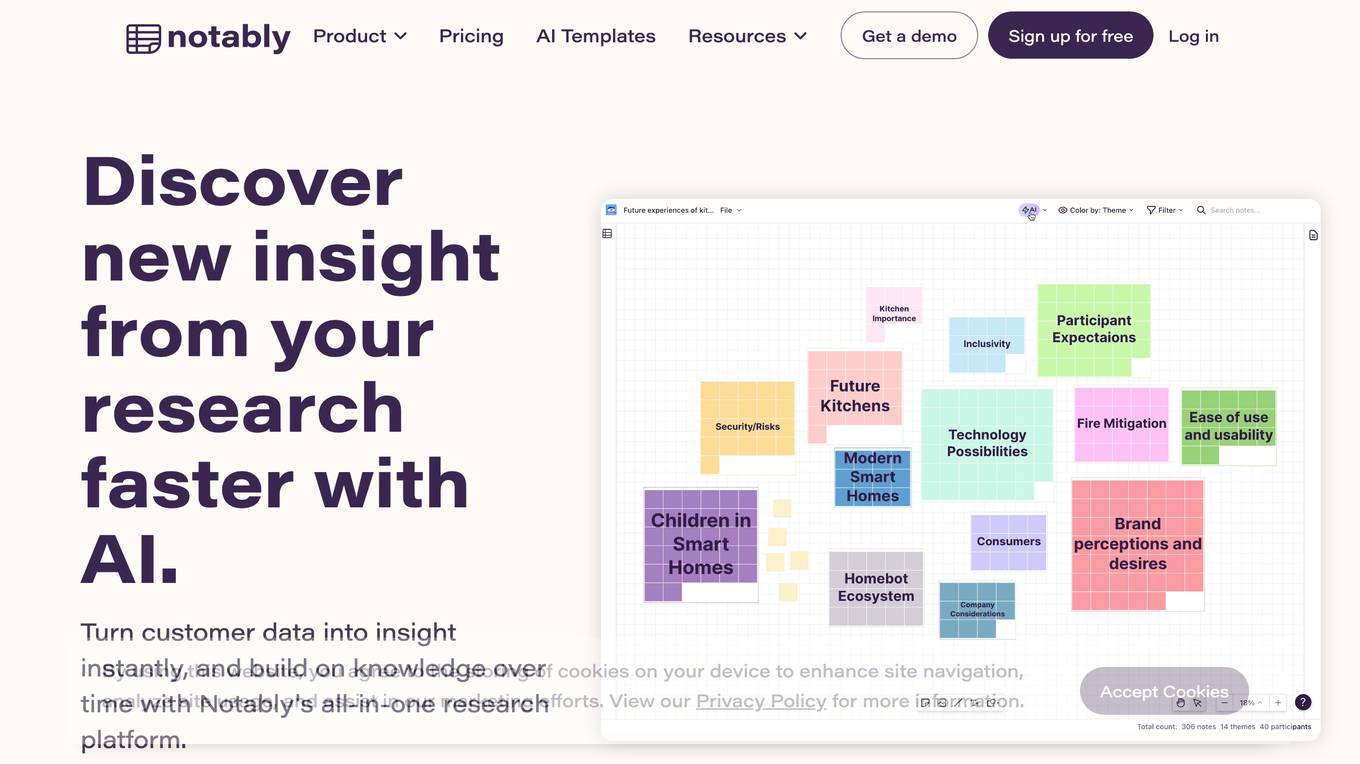
Notably
Notably is a research synthesis platform that uses AI to help researchers analyze and interpret data faster. It offers a variety of features, including a research repository, AI research, digital sticky notes, video transcription, and cluster analysis. Notably is used by companies and organizations of all sizes to conduct product research, market research, academic research, and more.
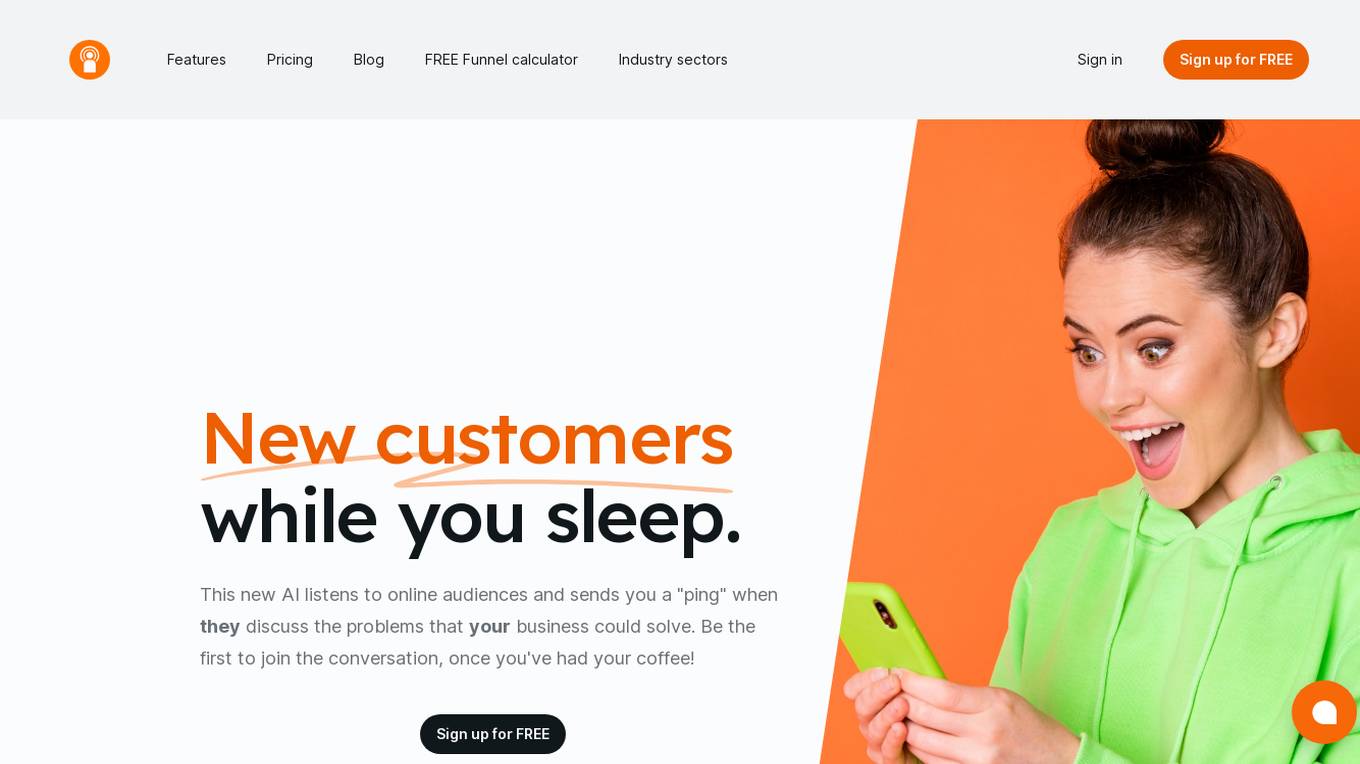
CustomerPing
CustomerPing is an AI tool designed to help businesses find new customers by monitoring online conversations and sending alerts when potential leads are identified. The tool automates the prospecting process, saving time and effort for entrepreneurs. CustomerPing offers a unique approach to customer discovery, allowing users to engage with relevant discussions and build trust with potential customers. With features like Radar Stations, RSS feeds, and personalized notifications, CustomerPing streamlines the customer acquisition process and empowers businesses to connect with their target audience effectively.
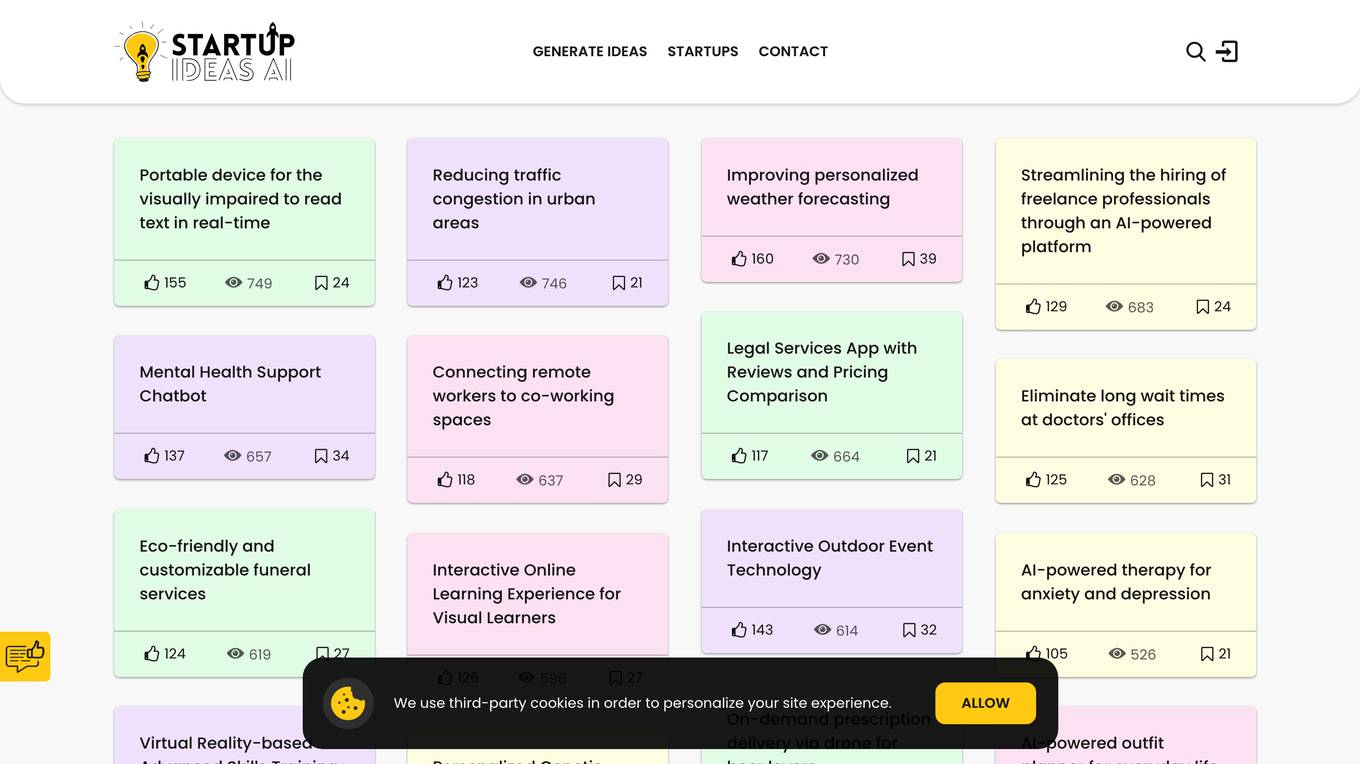
Startup Ideas AI
Startup Ideas AI is a website that provides users with a variety of startup ideas. The website uses artificial intelligence to generate ideas that are tailored to the user's interests and needs. Startup Ideas AI also provides users with information on how to start and grow a business. The website is a valuable resource for entrepreneurs and anyone who is looking for new business ideas.

Weekly Newsletter on Generative AI
This website provides a weekly newsletter on generative AI, featuring new AI tools and deep dives into AI's impact on various industries. It aims to keep subscribers informed about the latest AI developments and inspire innovation.
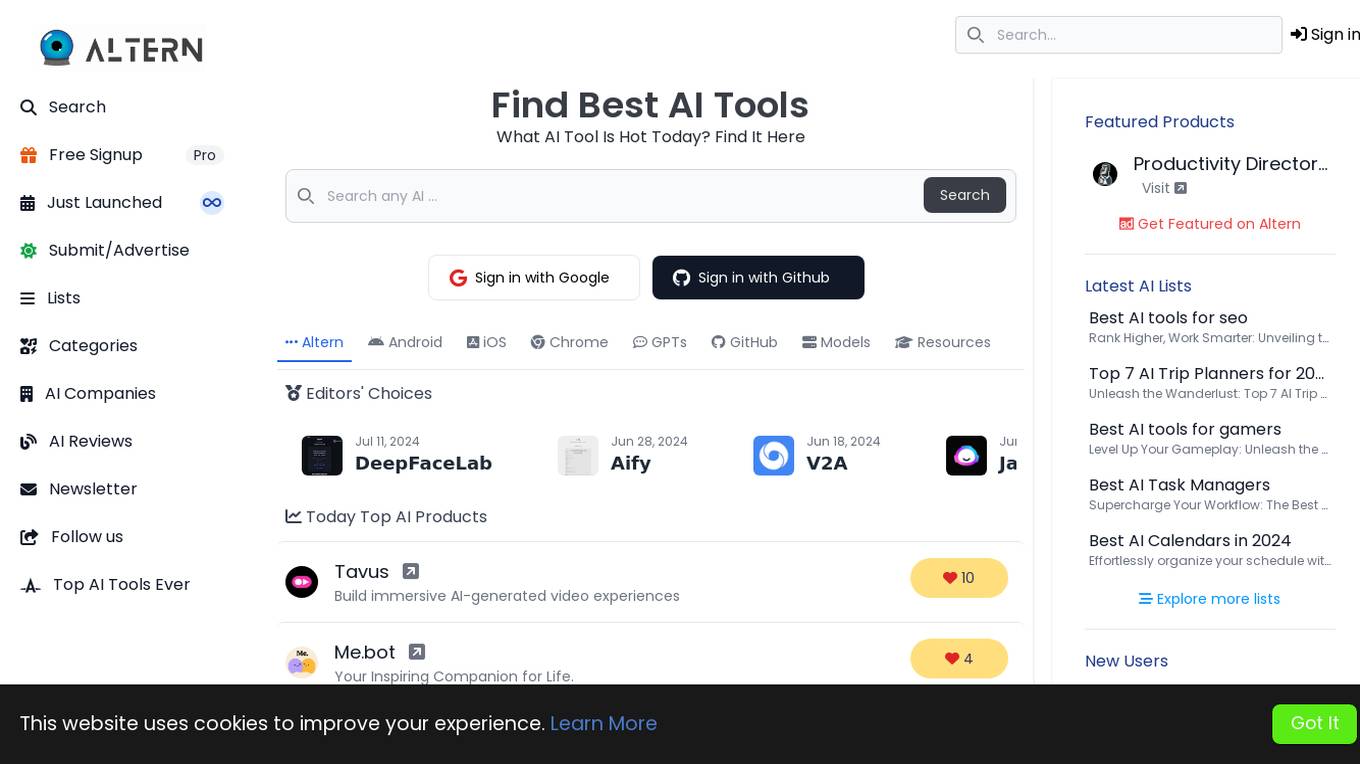
Altern
Altern is a platform where users can discover and share the latest tools, products, and resources related to artificial intelligence (AI). Users can sign up to join the community and access a wide range of AI tools, companies, reviews, and newsletters. The platform features a curated list of top AI tools and products, as well as user-generated content. Altern aims to connect AI enthusiasts and professionals, providing a space for learning, collaboration, and innovation in the field of AI.
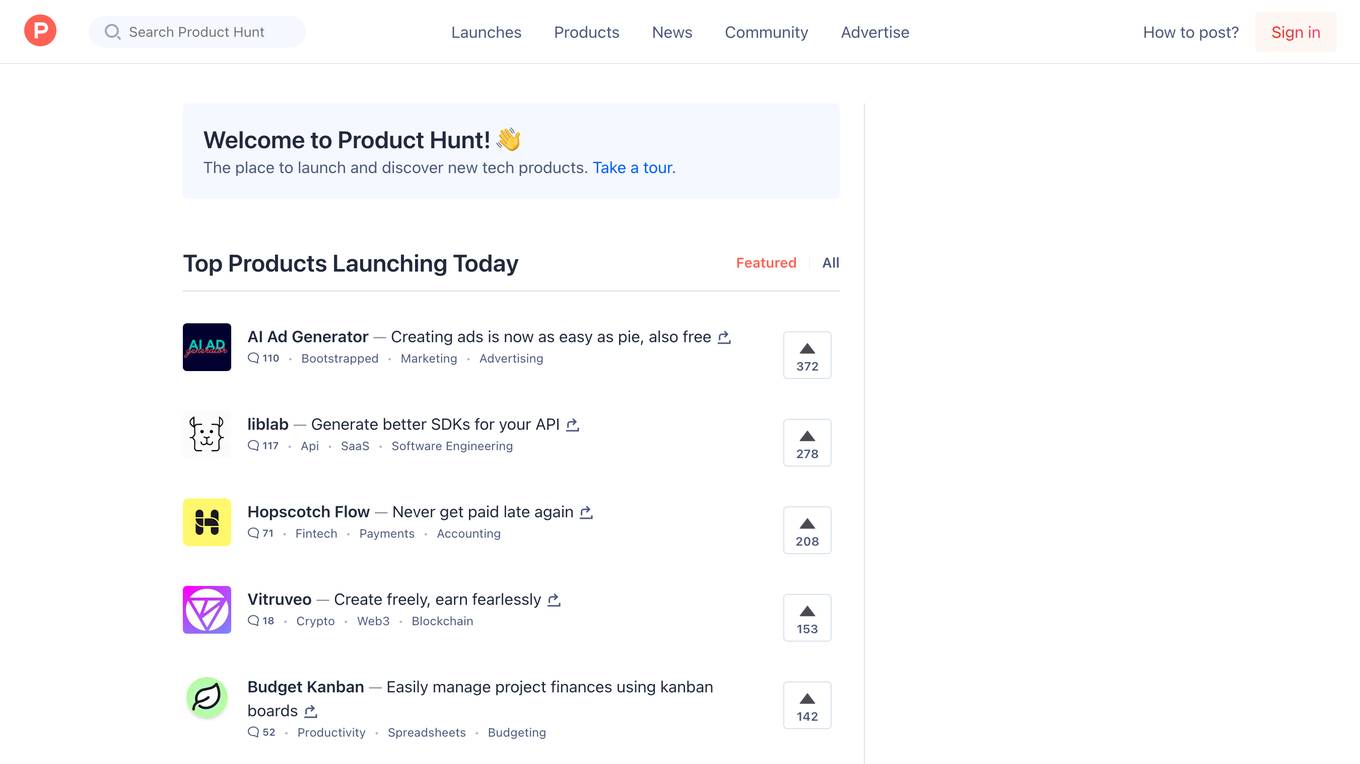
Product Hunt
Product Hunt is a website that allows users to discover and launch new tech products. It features a variety of products, including apps, websites, hardware, and more. Product Hunt also has a community of users who share their thoughts on new products and vote on their favorites. The site is a great way to find new and innovative products, as well as to get feedback on your own products.
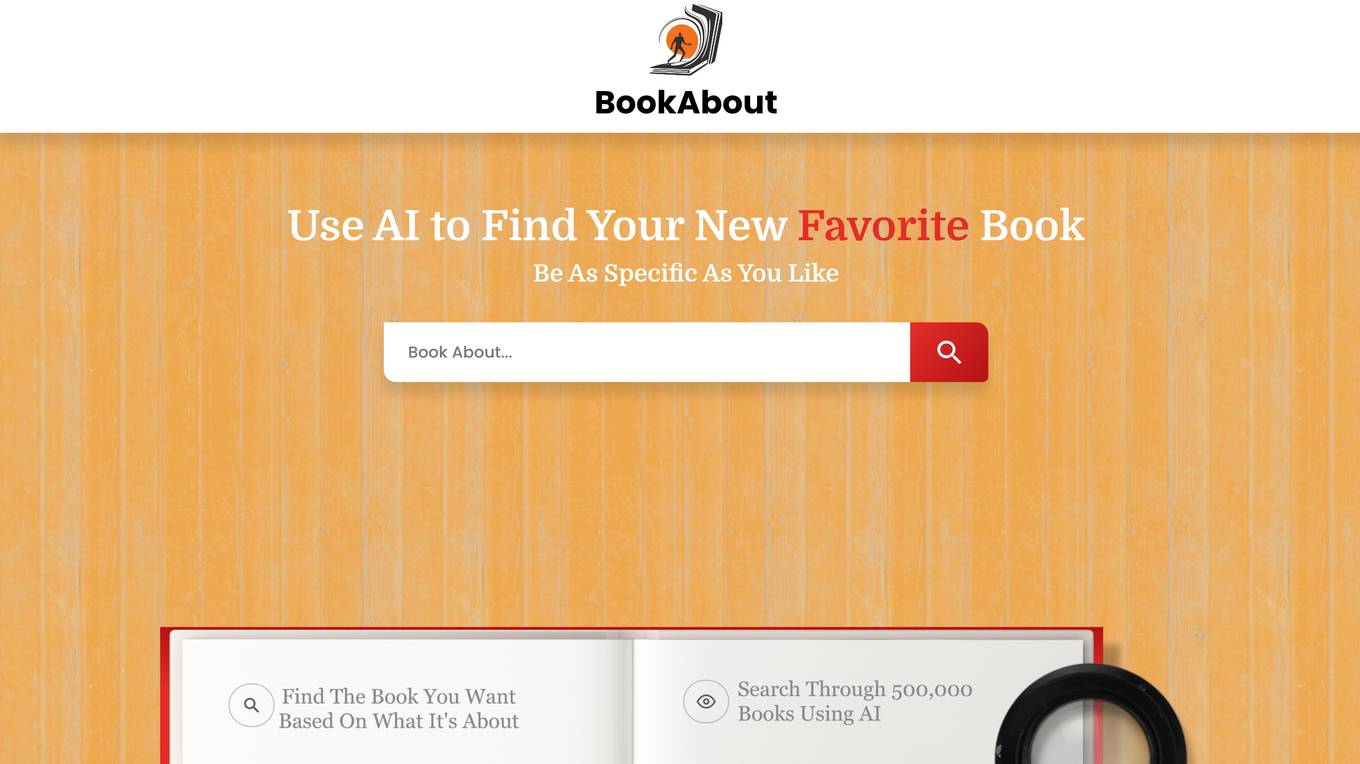
BookAbout
BookAbout is an AI-powered application that helps users discover their next favorite book. By leveraging artificial intelligence technology, BookAbout provides personalized book recommendations based on users' preferences and reading history. Users can be as specific as they like in their search for a new book, ensuring that they find the perfect read every time. As an Amazon Associate, BookAbout may earn a commission from qualifying purchases made through Amazon store links.
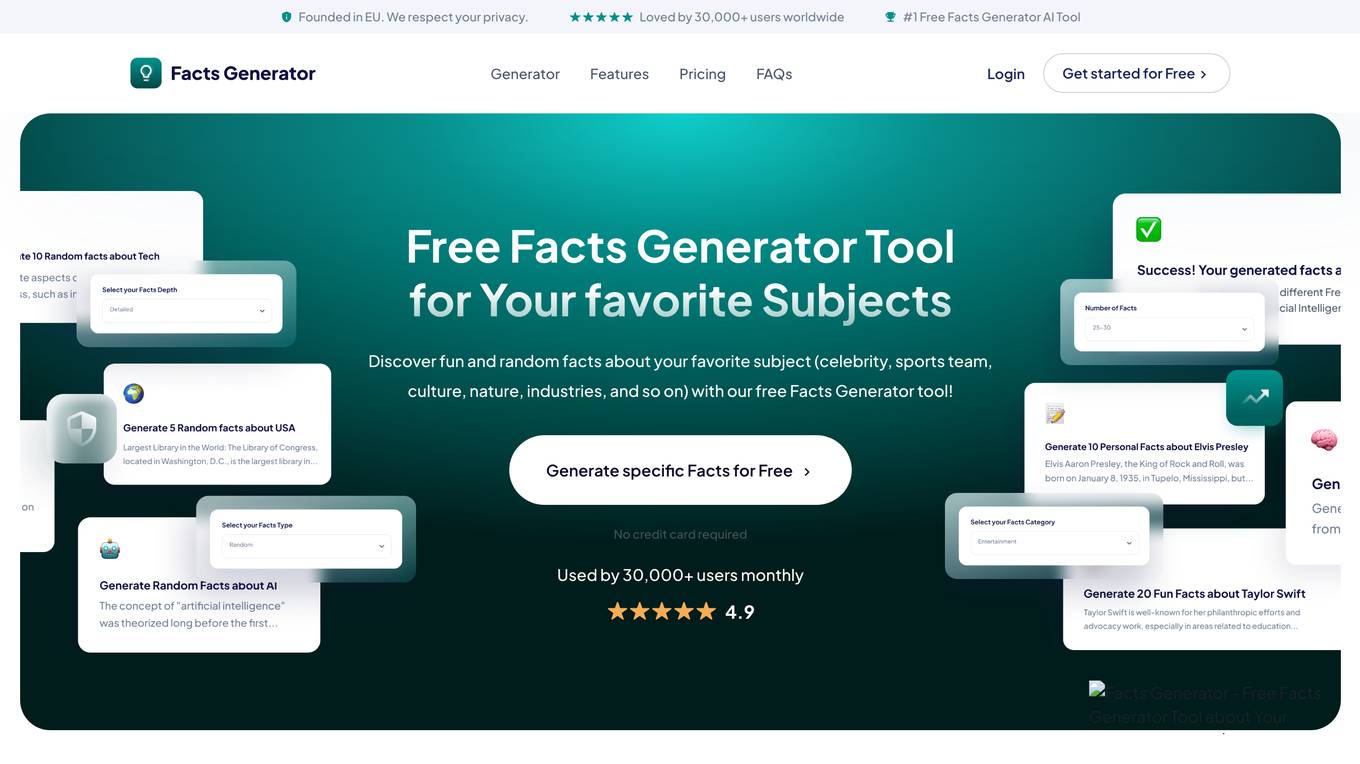
Facts Generator AI
Facts Generator AI is a free innovative online tool designed to quench the thirst for knowledge of curious minds across the globe. This cutting-edge platform harnesses the power of artificial intelligence to generate accurate, interesting, and diverse facts about a wide array of subjects ranging from the mysteries of the universe to historical events, scientific discoveries, cultural nuances, and much more. Whether you're a student seeking to broaden your horizons, a teacher looking to enrich your lessons, a content creator in search of inspiration, or simply a trivia enthusiast eager to learn something new every day, Facts Generator AI is tailored to meet your needs. With an intuitive interface and a sophisticated AI at its core, this tool offers a seamless and engaging experience, making the exploration of knowledge both effortless and fascinating.
0 - Open Source AI Tools
20 - OpenAI Gpts
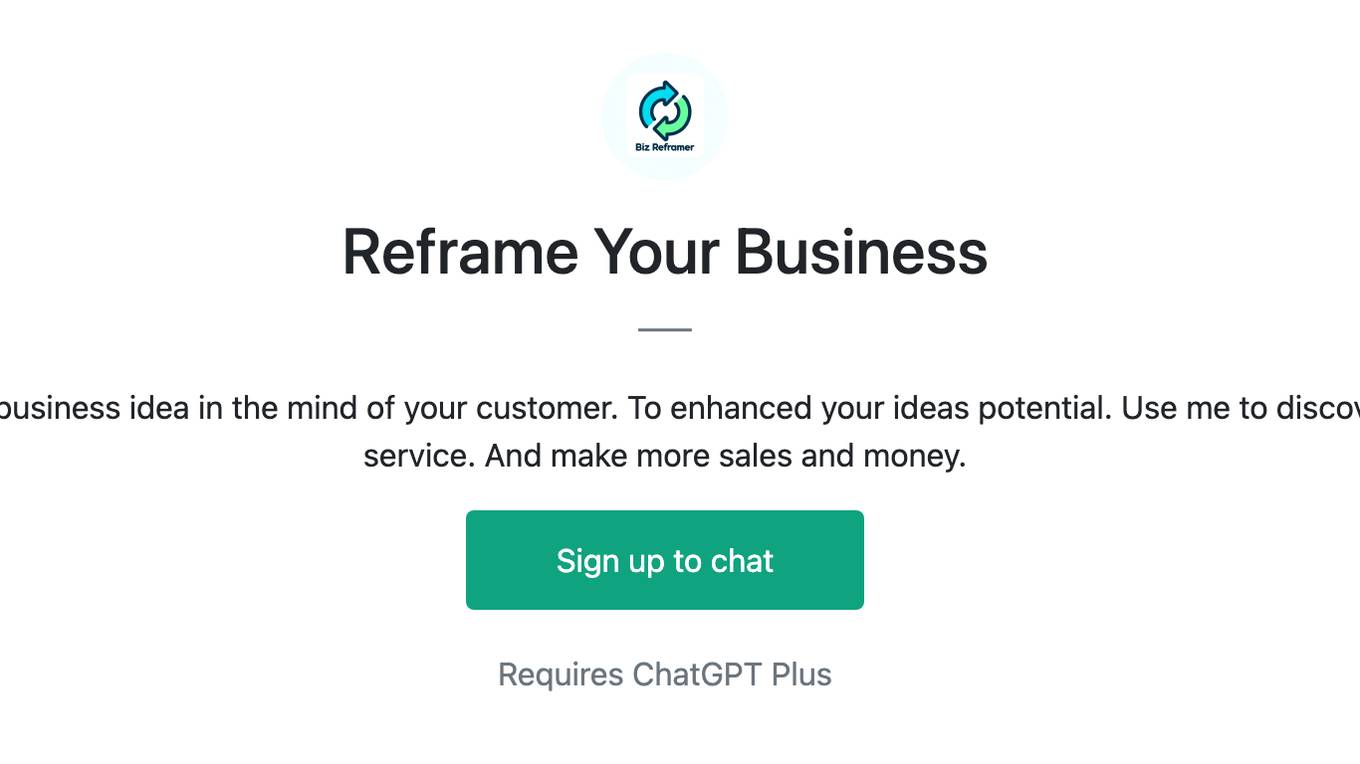
Reframe Your Business
I am an AI created purely to "reframe" your business idea in the mind of your customer. To enhanced your ideas potential. Use me to discover new angles to position your product or service. And make more sales and money.
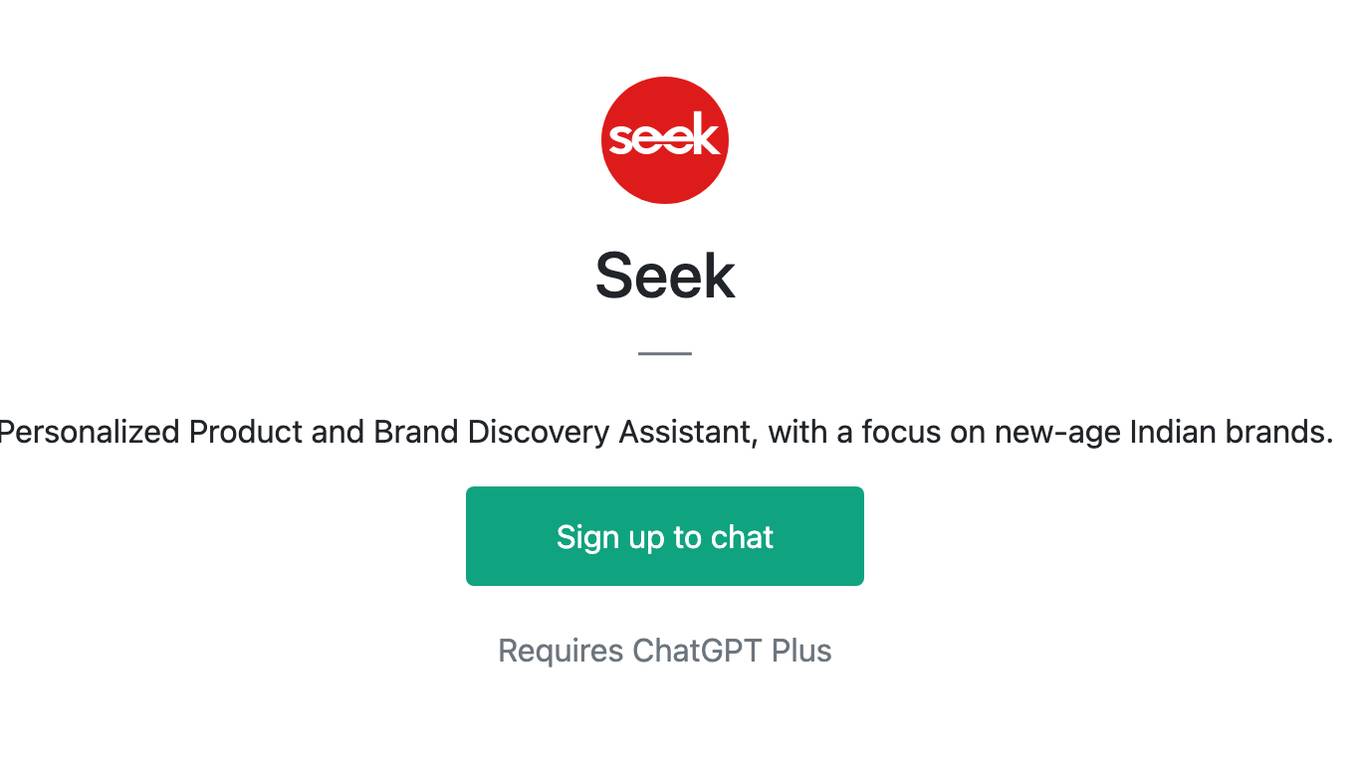
Seek
Personalized Product and Brand Discovery Assistant, with a focus on new-age Indian brands.
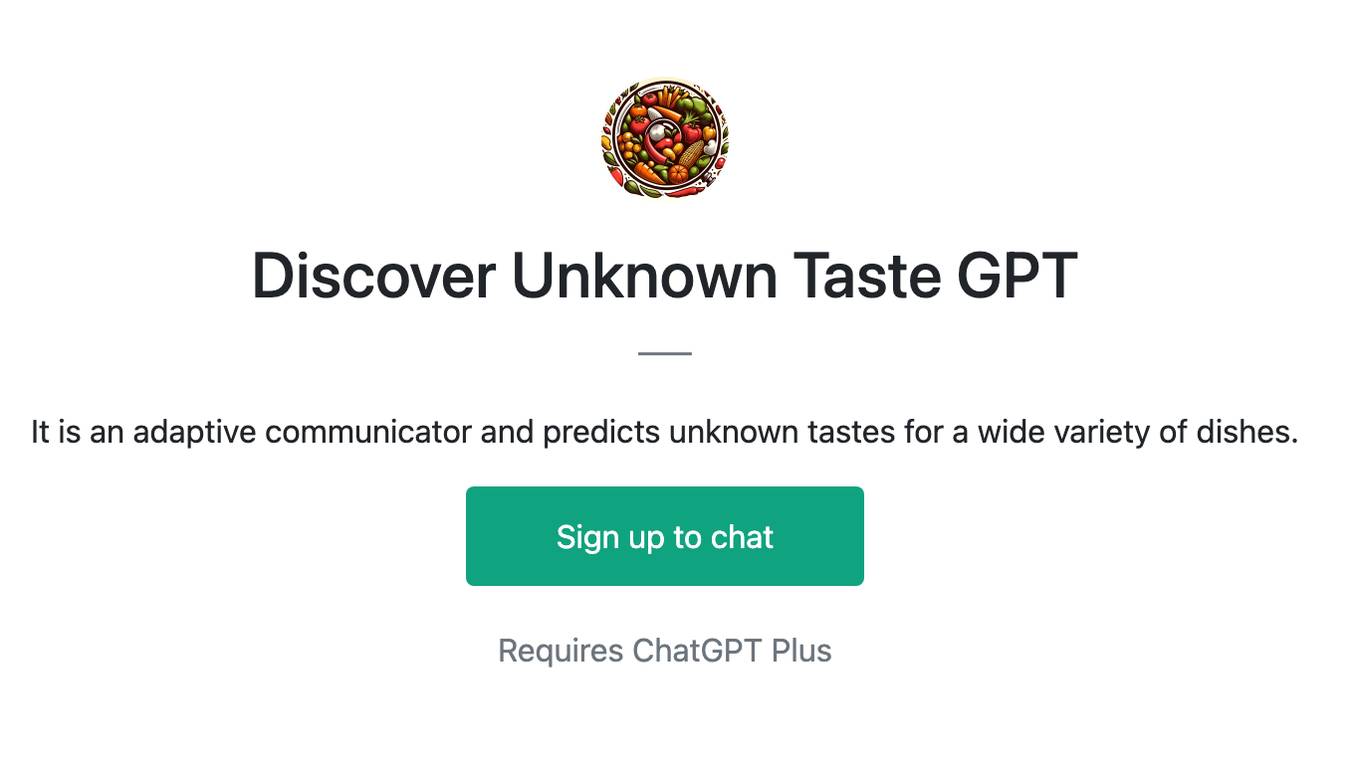
Discover Unknown Taste GPT
It is an adaptive communicator and predicts unknown tastes for a wide variety of dishes.
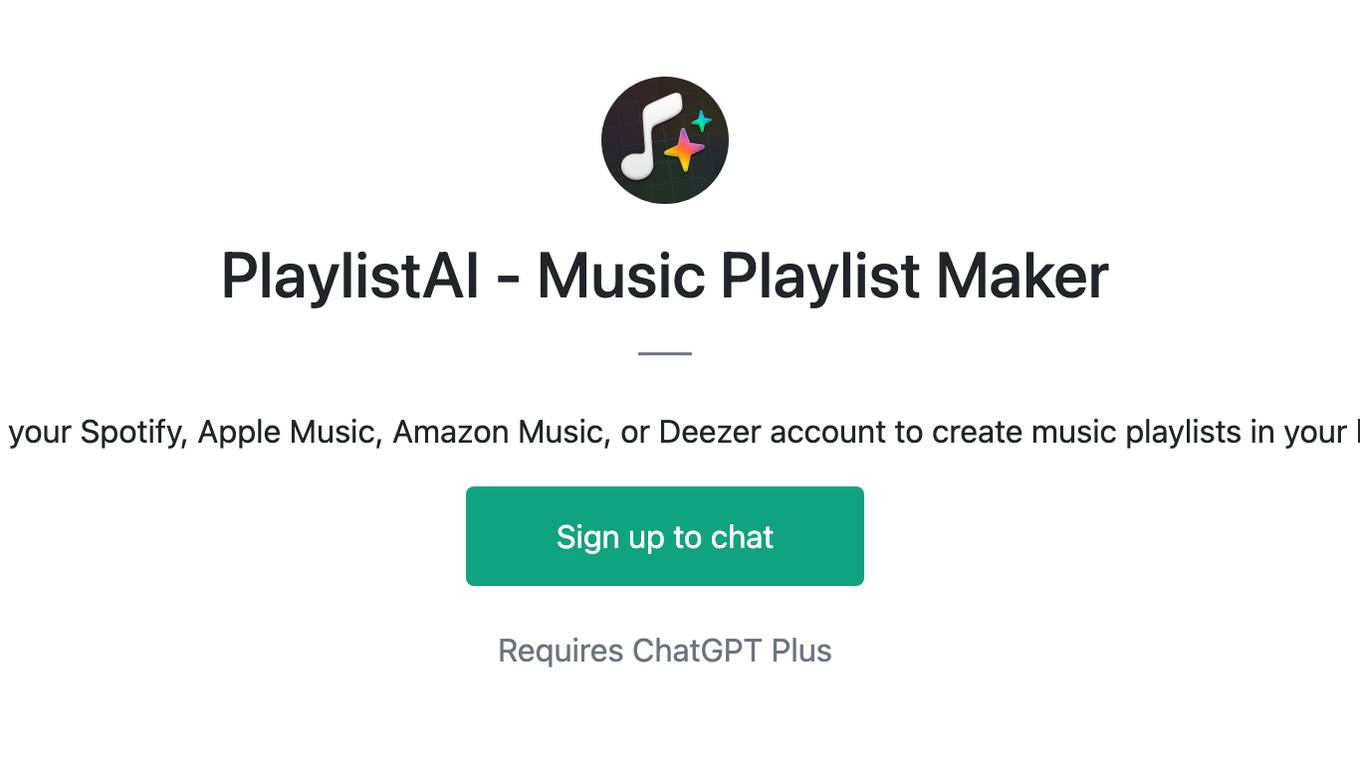
PlaylistAI - Music Playlist Maker
Connect your Spotify, Apple Music, Amazon Music, or Deezer account to create music playlists in your library.
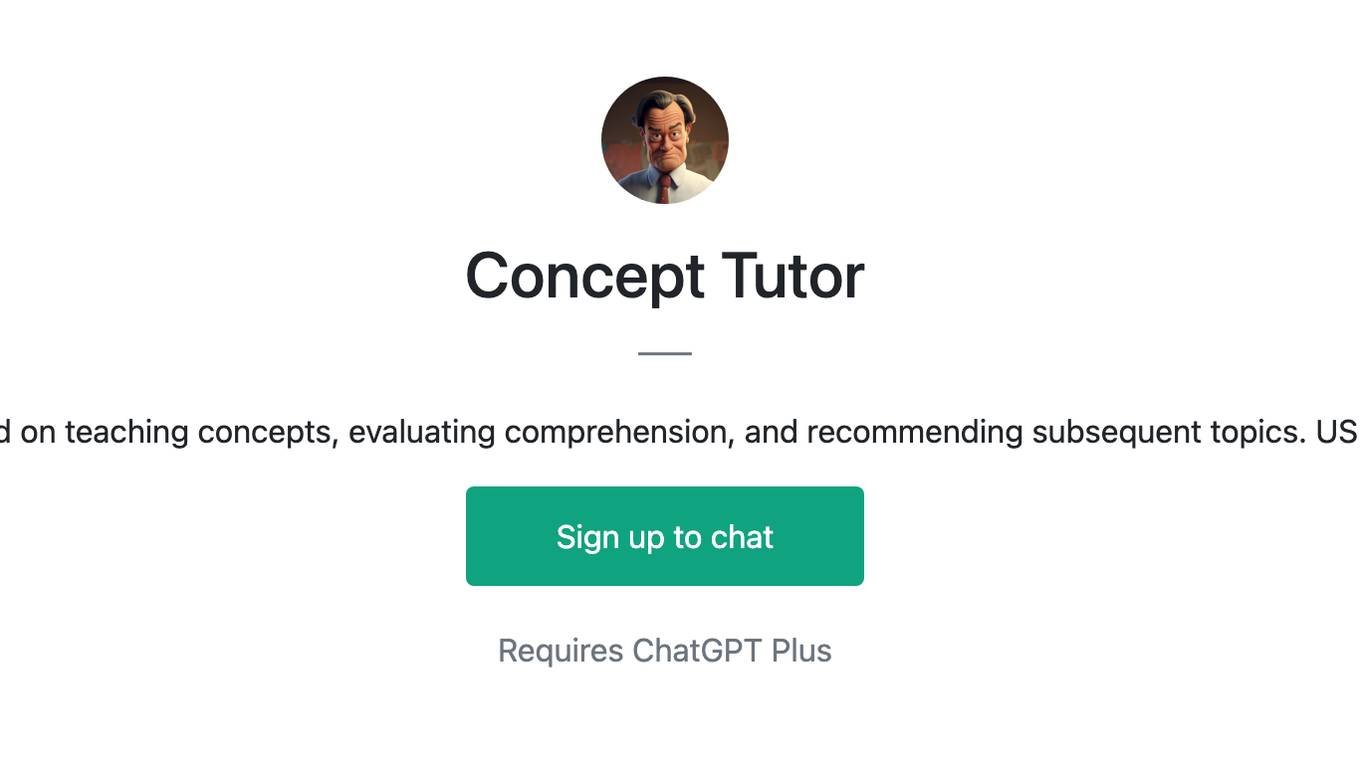
Concept Tutor
Assistant focused on teaching concepts, evaluating comprehension, and recommending subsequent topics. USE WITH VOICE.
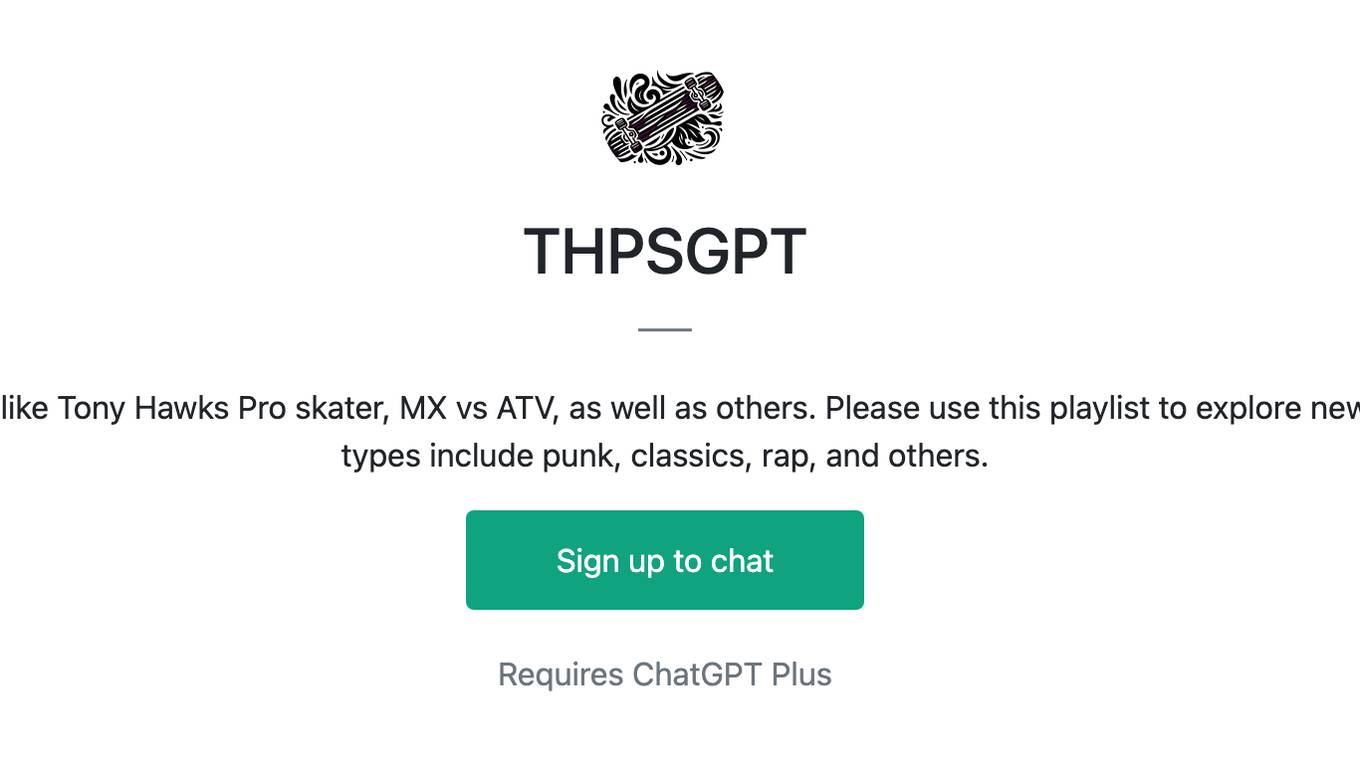
THPSGPT
Curates music from extreme sports games like Tony Hawks Pro skater, MX vs ATV, as well as others. Please use this playlist to explore new kinds of music with an open mind. Song types include punk, classics, rap, and others.
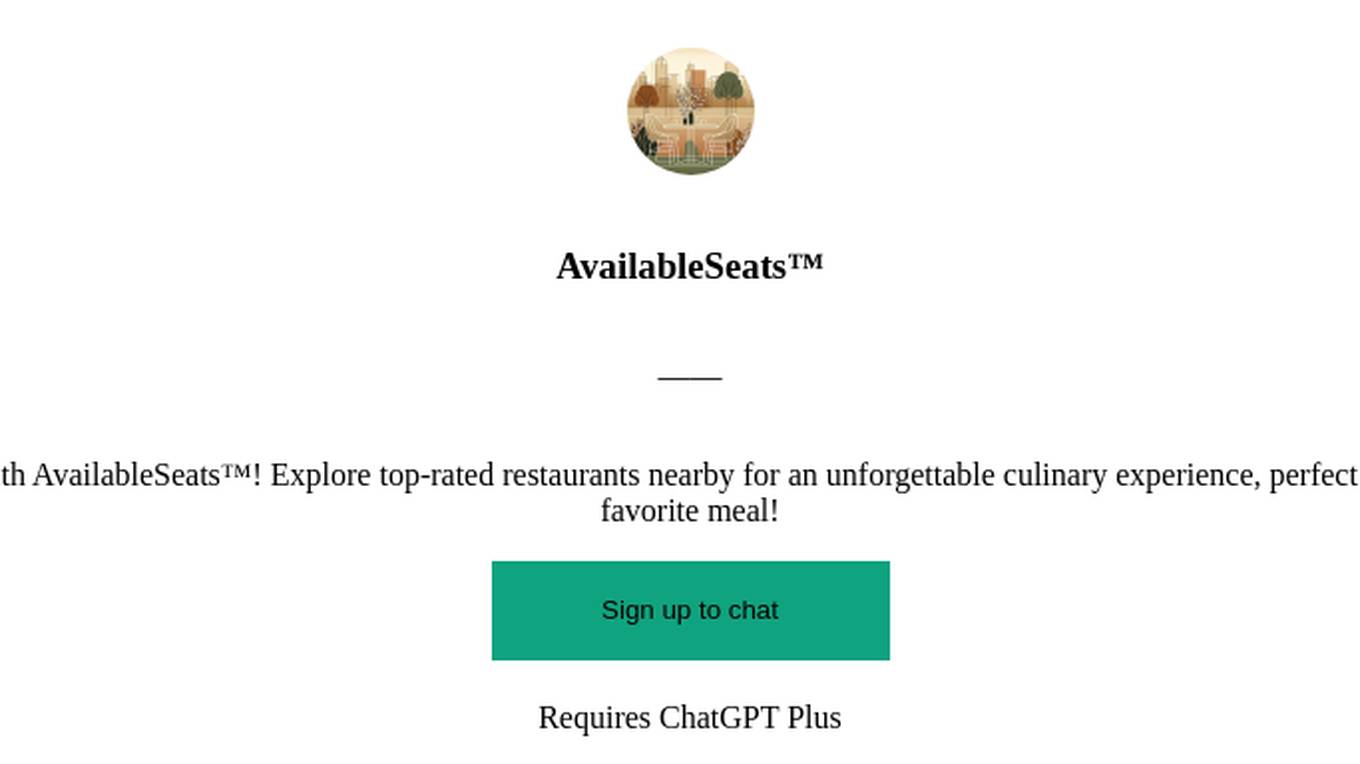
AvailableSeats™
Discover the best dining options around you with AvailableSeats™! Explore top-rated restaurants nearby for an unforgettable culinary experience, perfect for any taste or occasion. Click to find your next favorite meal!

김지은 셰프 - 양식
매일 먹는 음식에 질리셨나요? 전 세계 미식가들이 사랑하는 양식 레시피로 새로운 맛의 경험을 선사합니다. 단 한 번의 강의로 당신의 요리가 변화할 수 있습니다. 절대 놓치지 마세요!
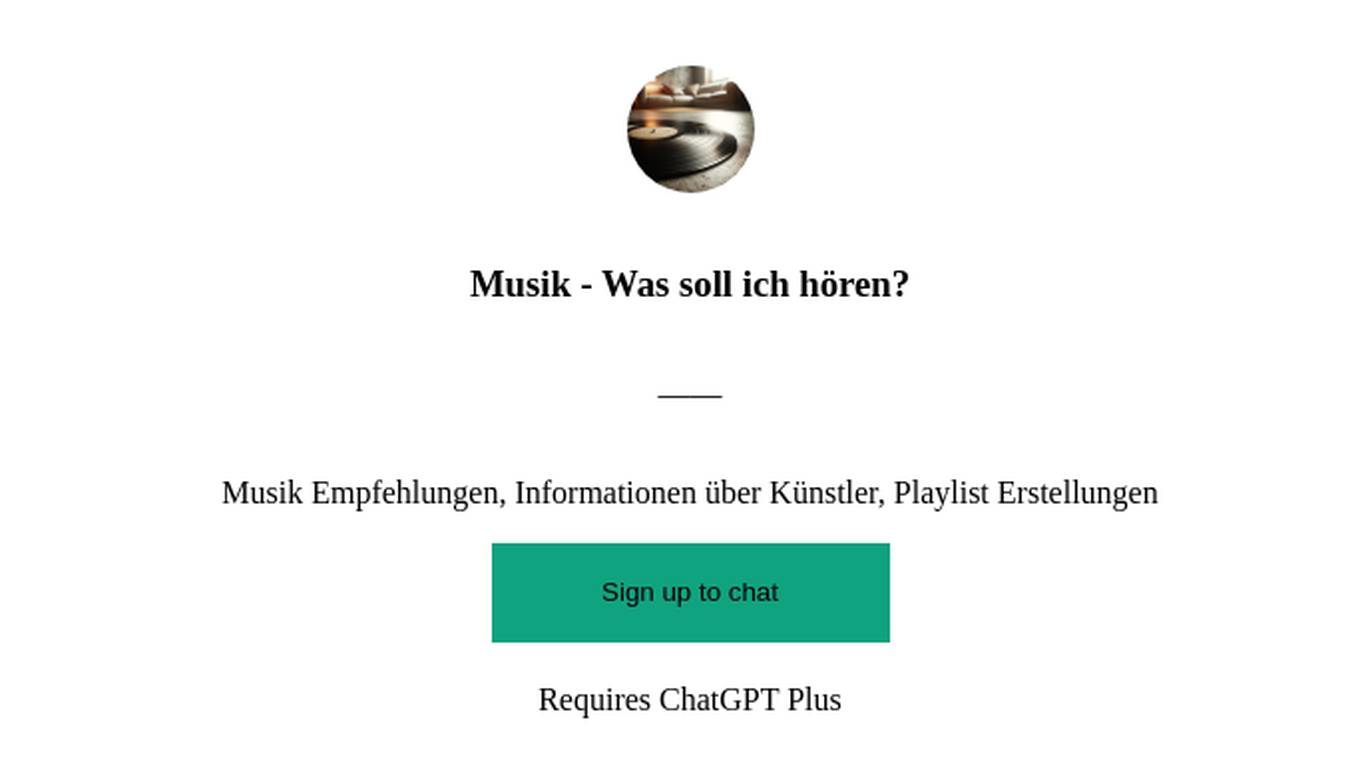
Musik - Was soll ich hören?
Musik Empfehlungen, Informationen über Künstler, Playlist Erstellungen
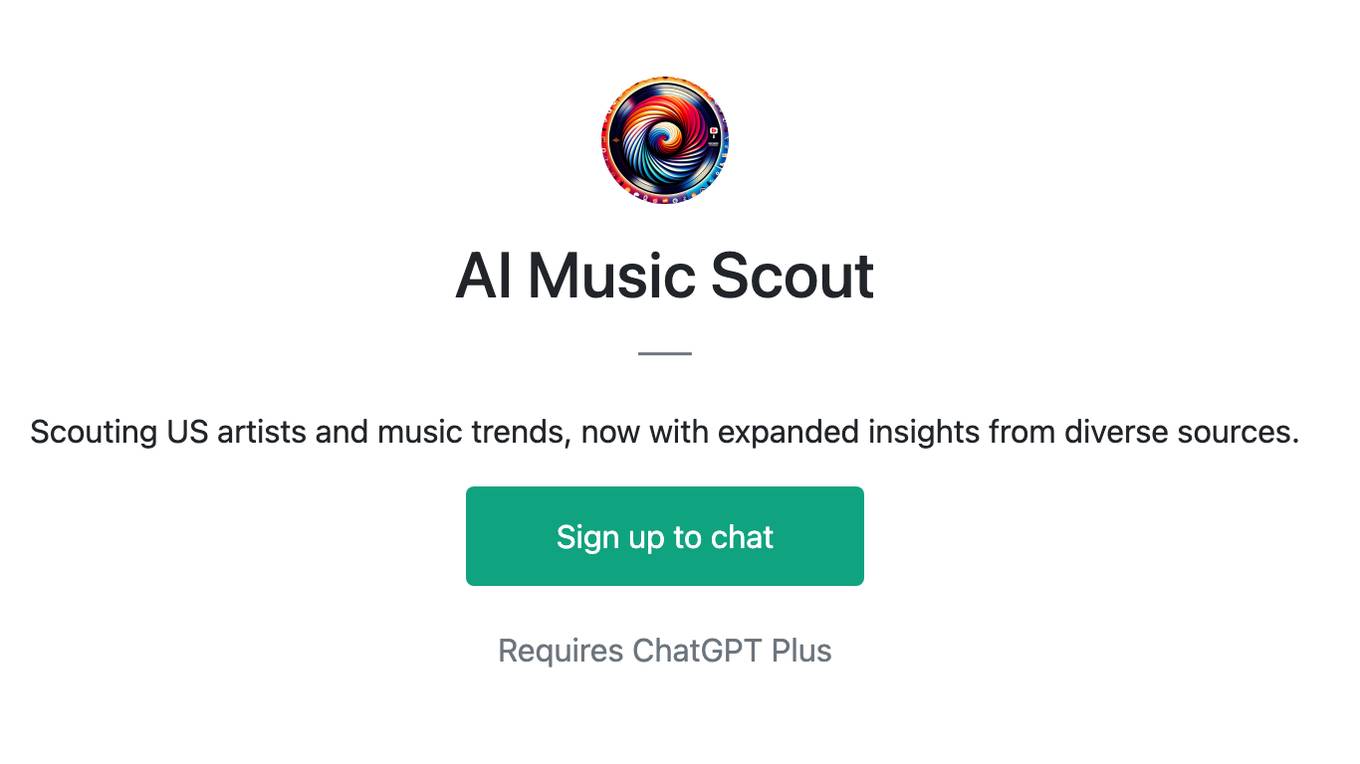
AI Music Scout
Scouting US artists and music trends, now with expanded insights from diverse sources.
